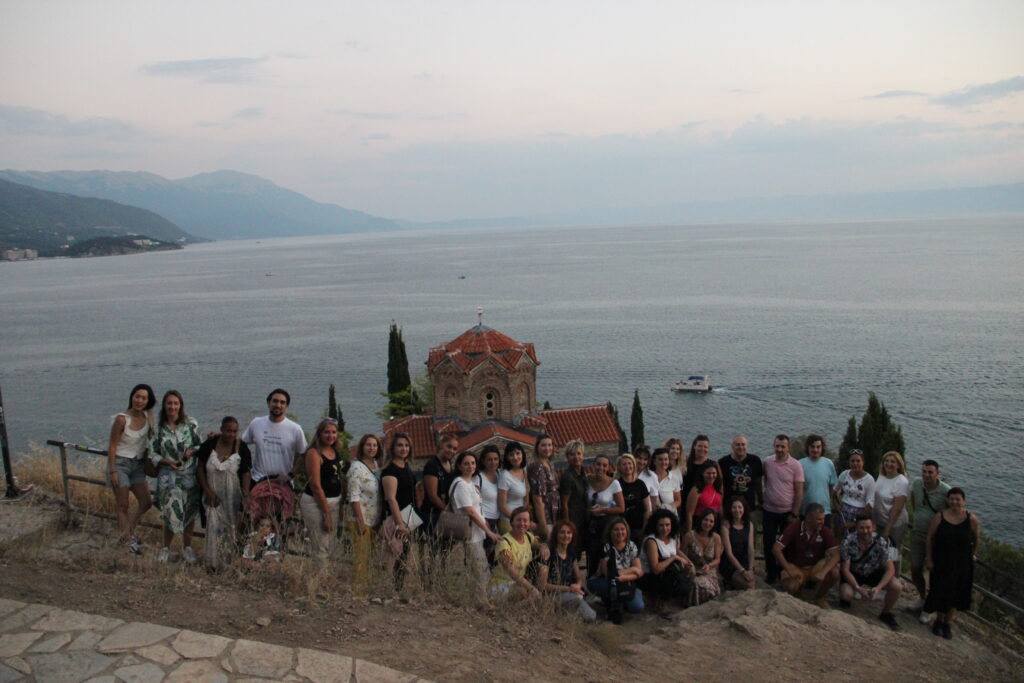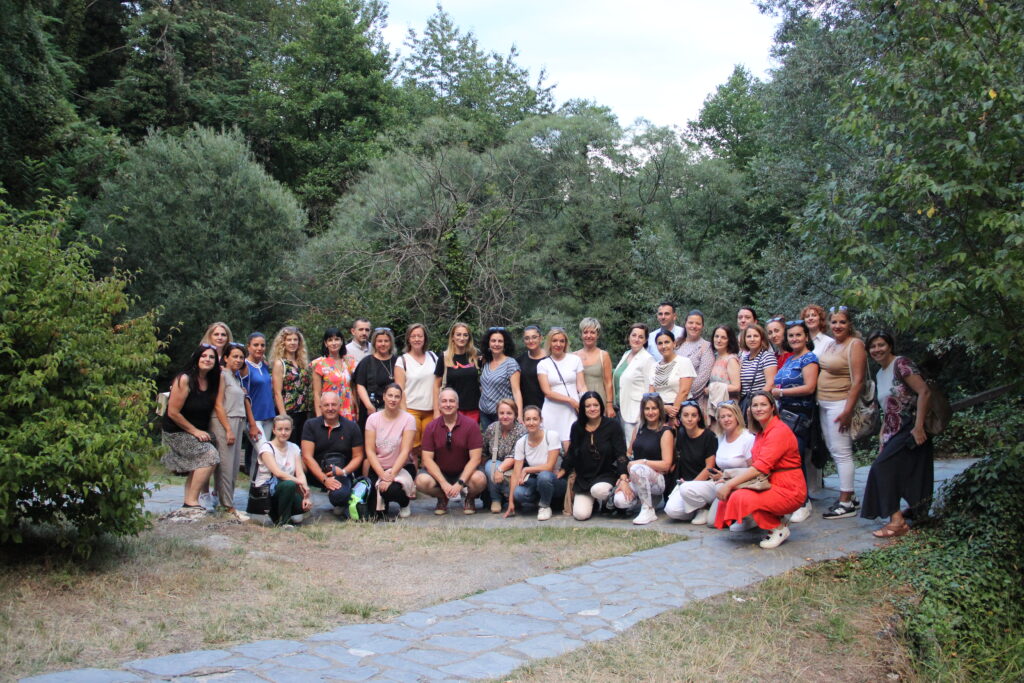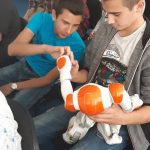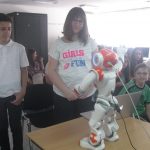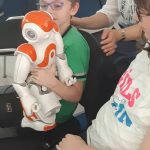Media Literacy Tech Camp “Countering disinformation through education” was held from 16 to 19.08.2023 at the Faculty for Tourism and Hospitality in Ohrid. The Tech Camp was organized by the Center for Innovations and Digital Education by Dig-Ed, the United States Embassy in North Macedonia, and the U.S. Department of State’s TechCamp team from DC. Forty teachers from different subject areas in primary education participate in this Tech Camp, empowering their digital and media literacy.
The main aim of the Tech Camp was to develop teachers’ media literacy and cybersecurity skills to counter mis- and disinformation in schools, improve social cohesion among different ethnicities, and support youth development. During these three days teachers were trained to create open educational resources concerning media literacy and cyber security education in the local language.
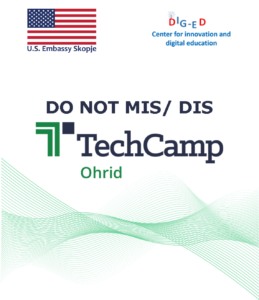
The TechCamp was opened by Jessica McCue, senior program manager at the TechCamp. Augusta Philbin, Deputy Public Affairs Officer in US Embassy Skopje, North Macedonia, greeted participants, explaining the importance of media literacy in the world determined by technology and the idea behind this TechCamp. The importance of teachers as a facilitator of the school activities was emphasized by Maja Videnovik, from Dig-Ed.
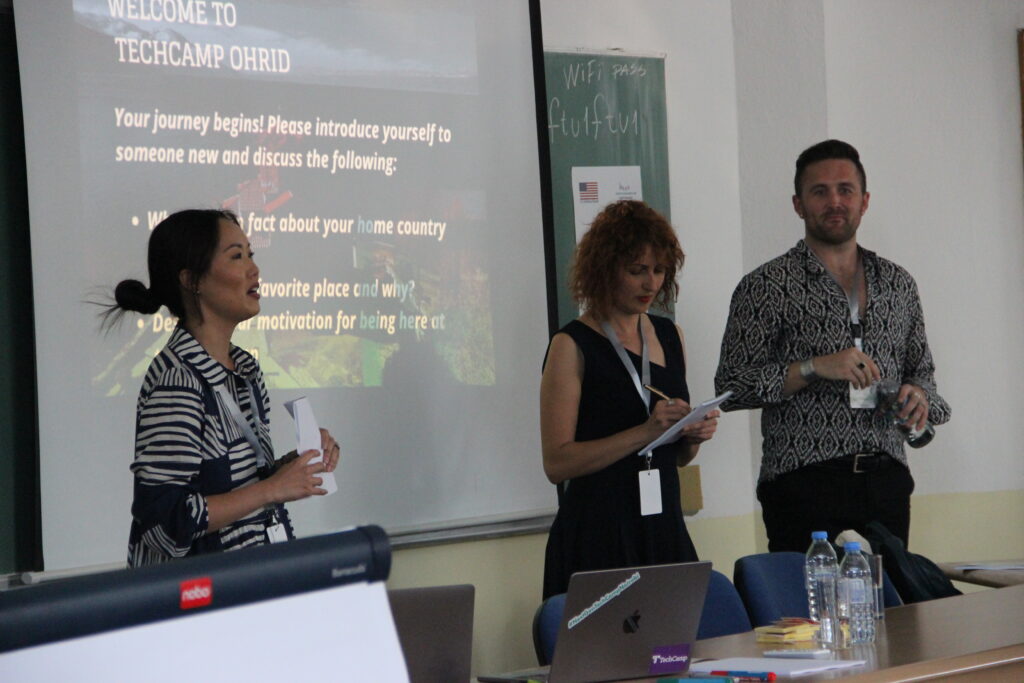
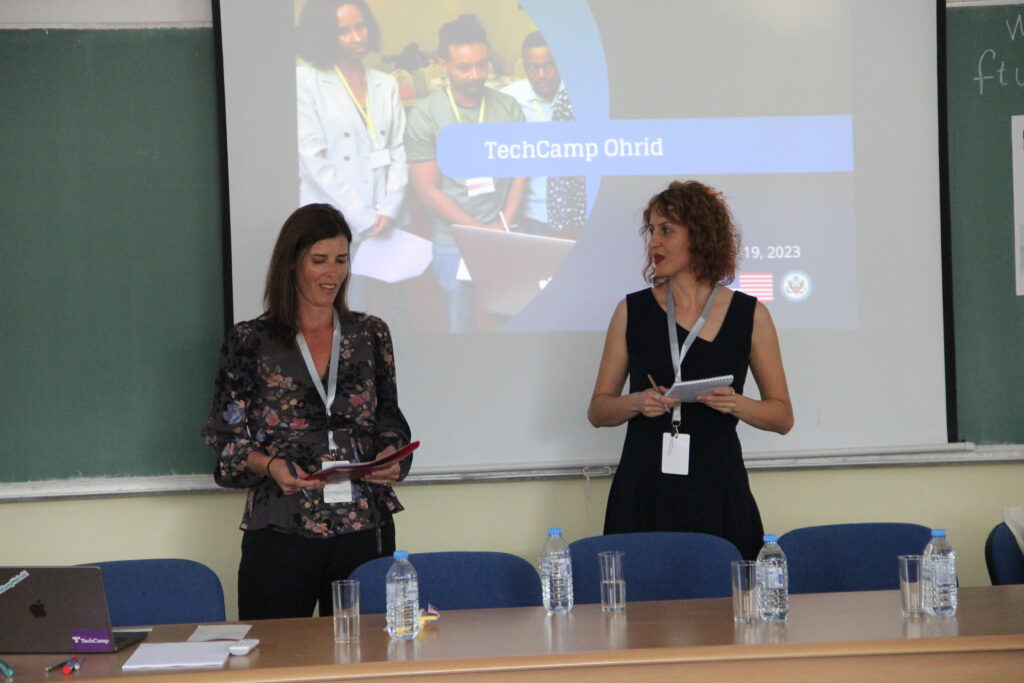
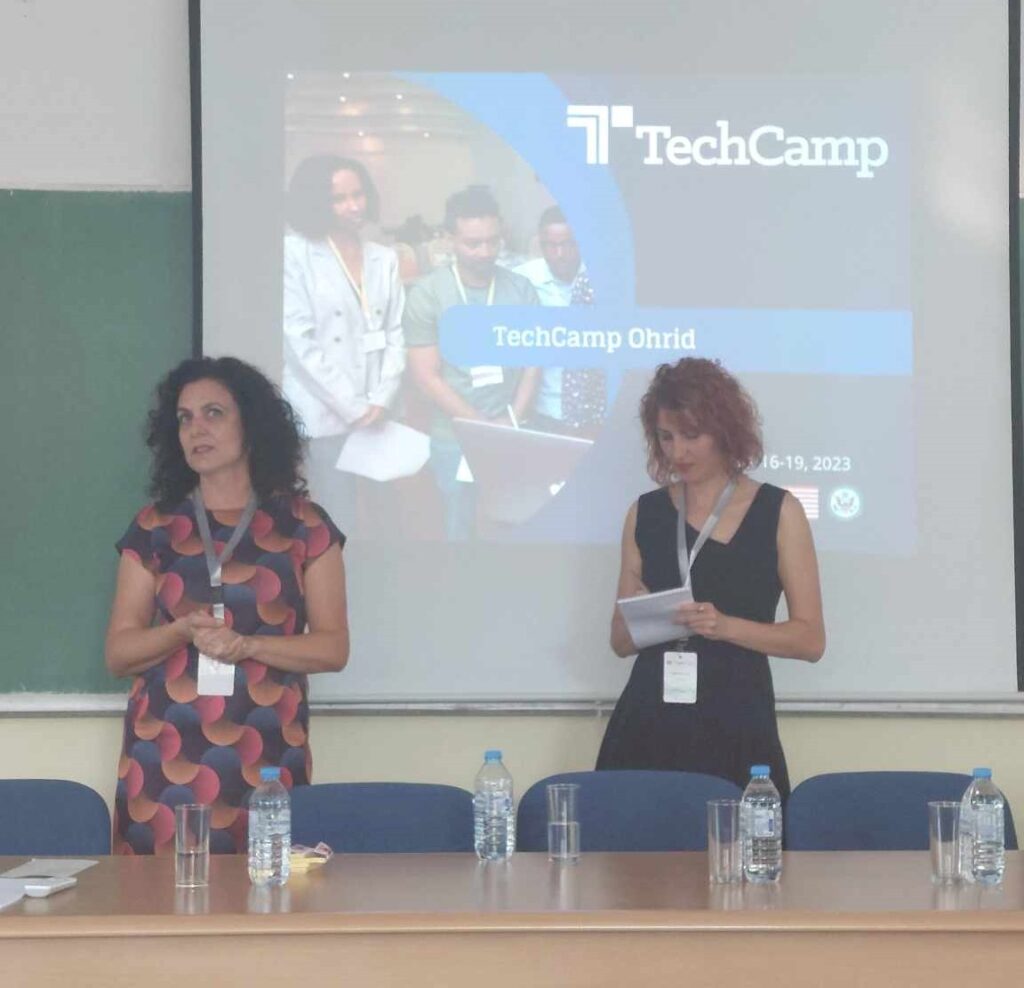
Through ice-breaking activities, participants and trainers got to know each other and started thinking about the interference of disinformation and misinformation in everyday life. The rest of the day was dedicated to networking with participants, trainers, interpreters, and organizers.
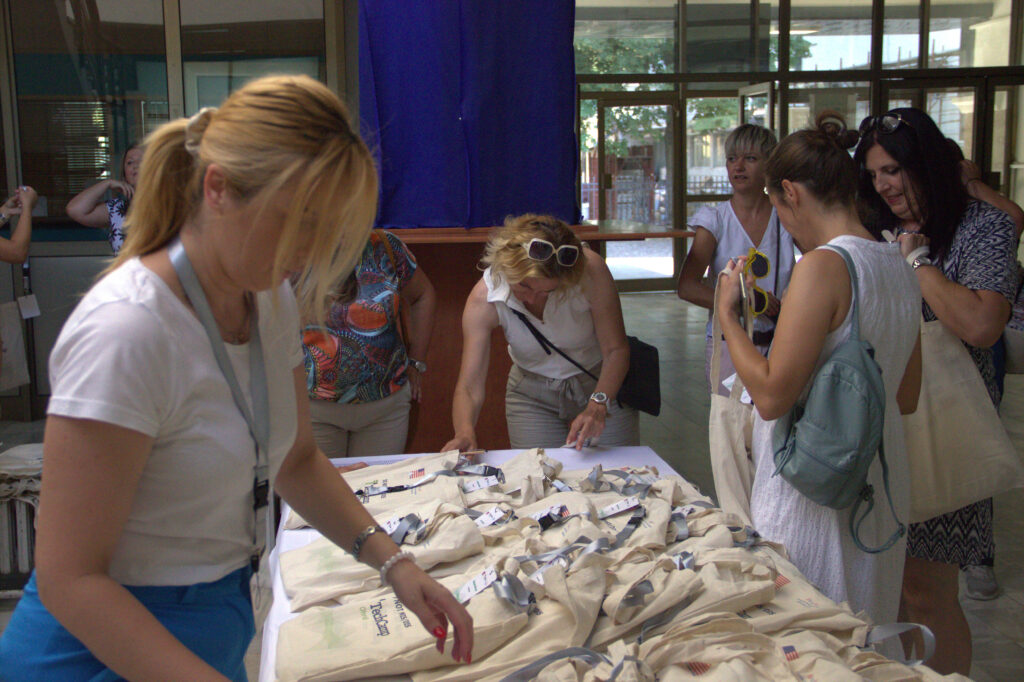
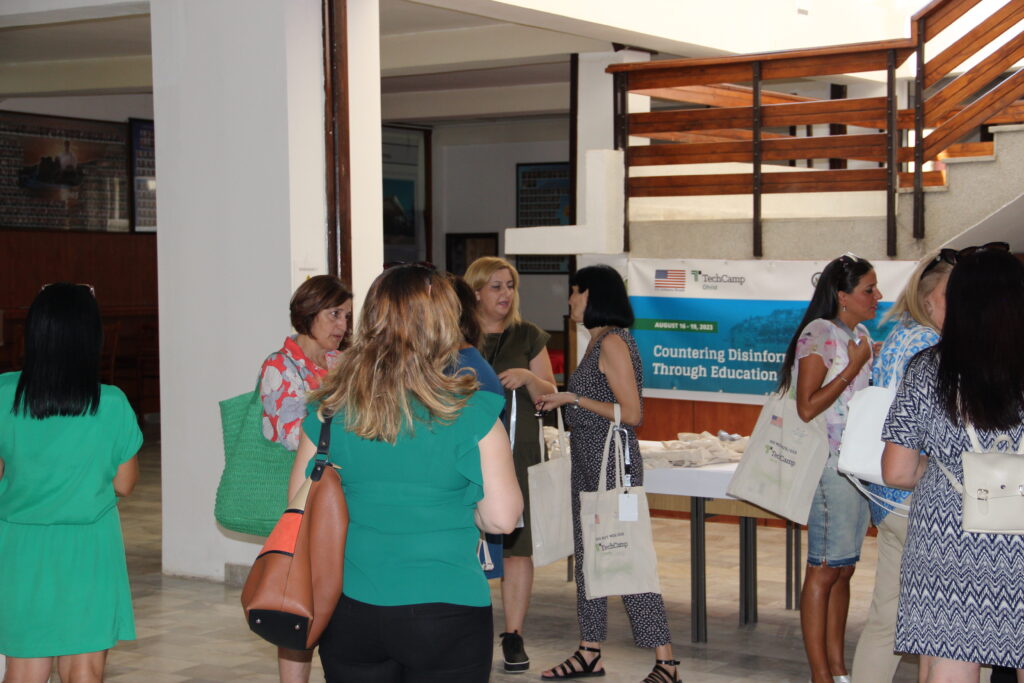
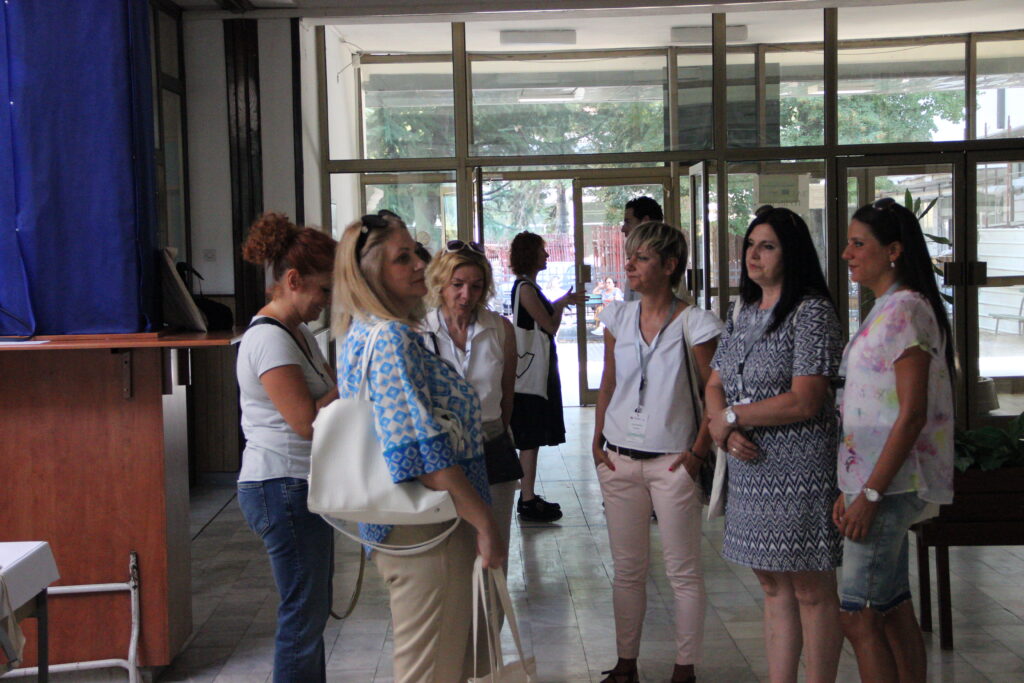
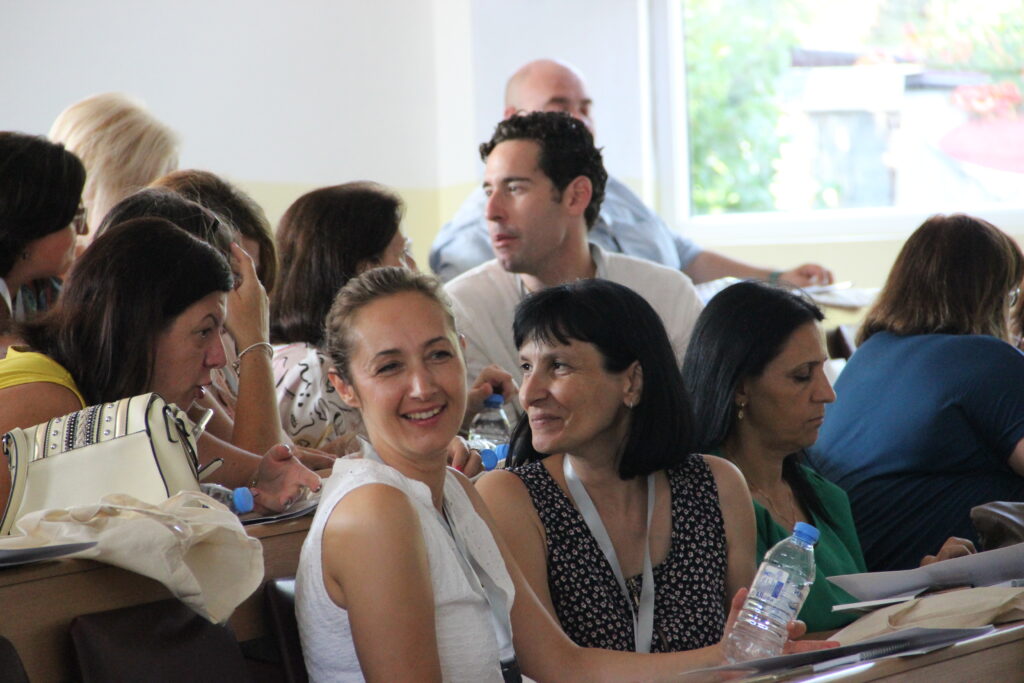
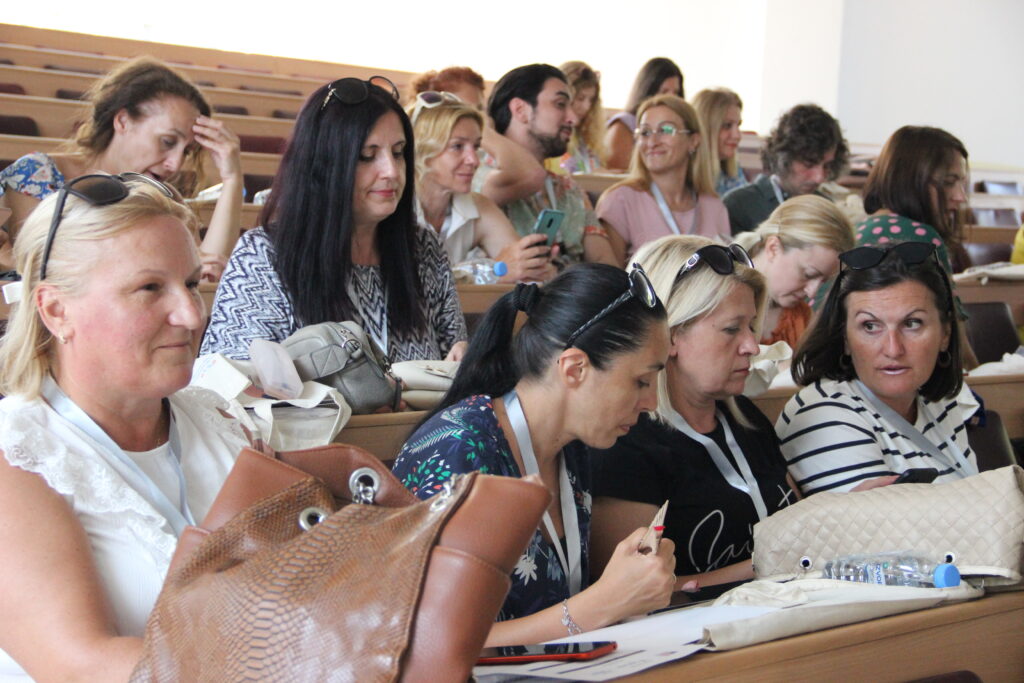
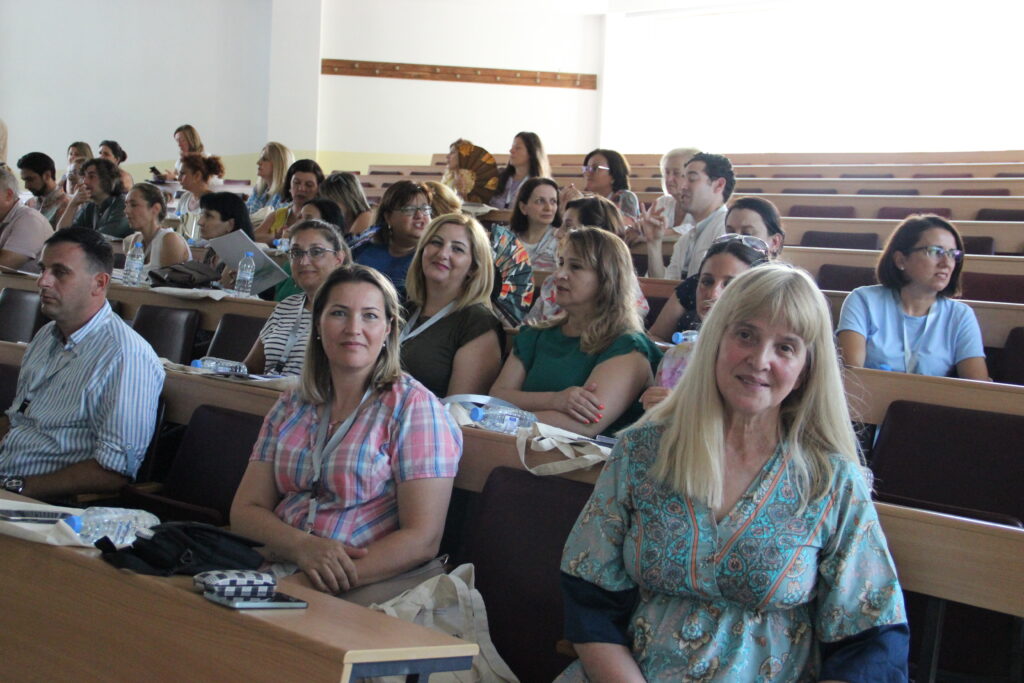
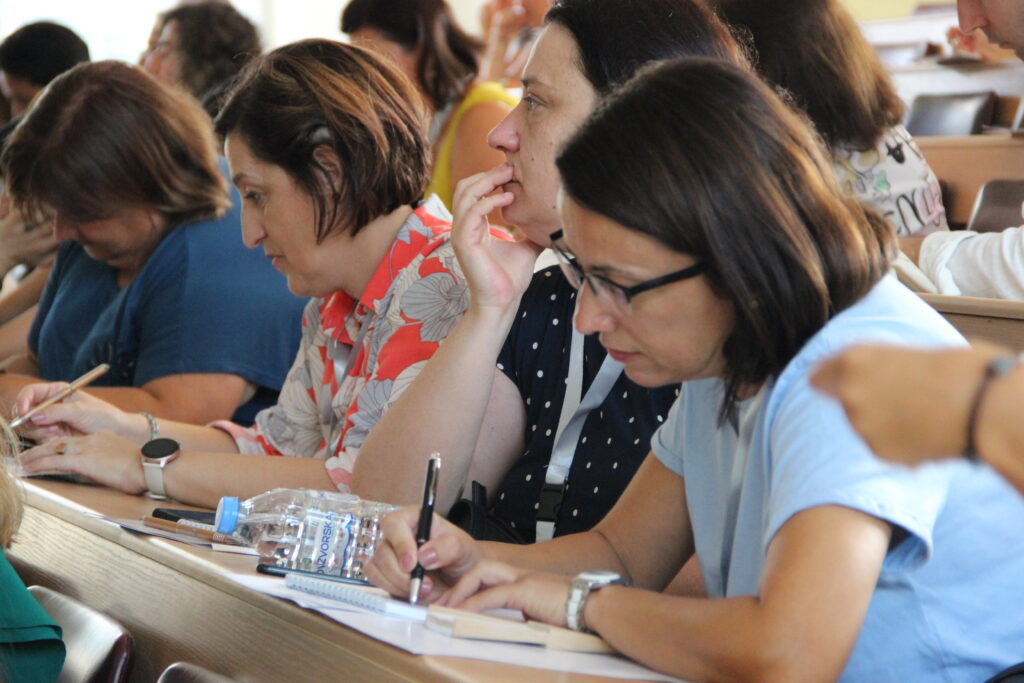
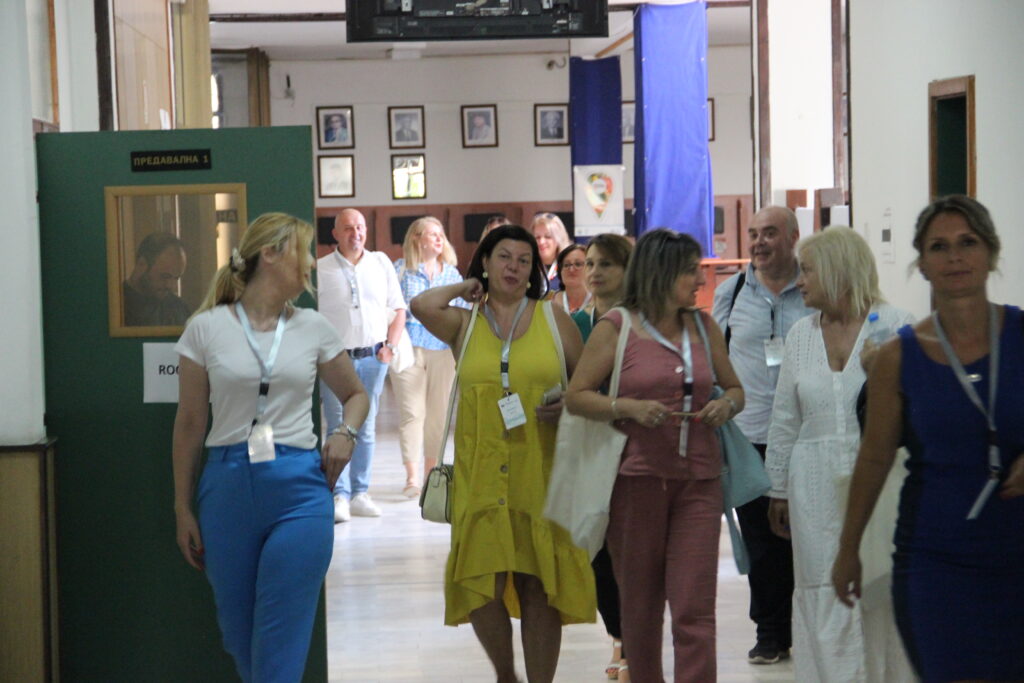
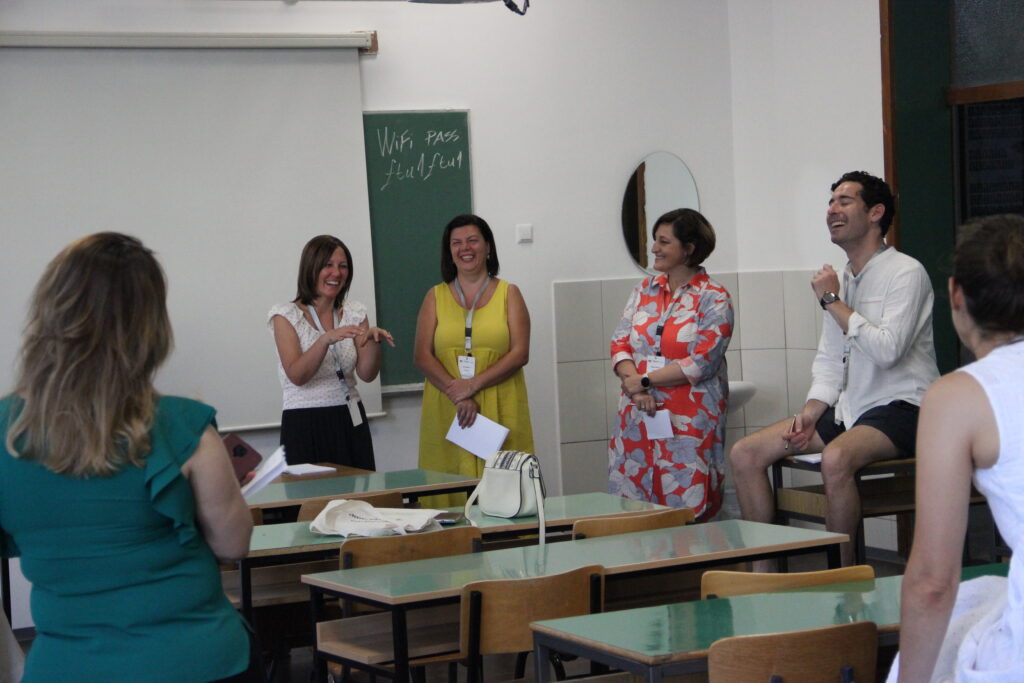
The second day started with the plenary session about the TechCamp background and how this TechCamp is organized. By working in different groups, led by trainers, participants were encouraged to think about the main challenges that they face during the implementation of media literacy education in their schools. Through these activities, participants managed to identify practical problems, on which solutions they focused in the following days of the TechCamp.
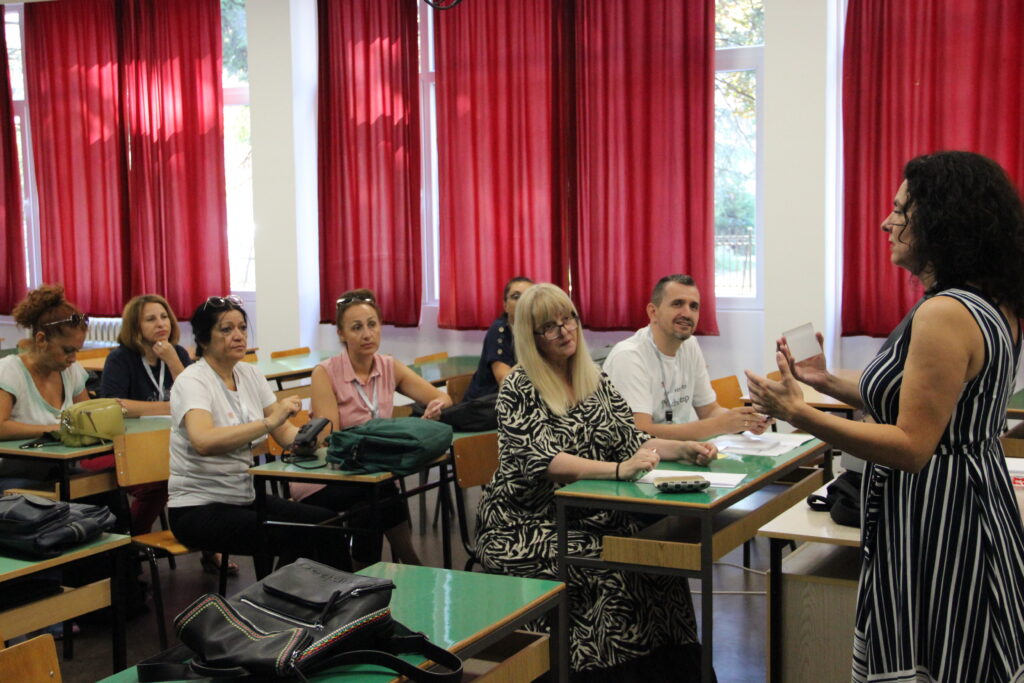
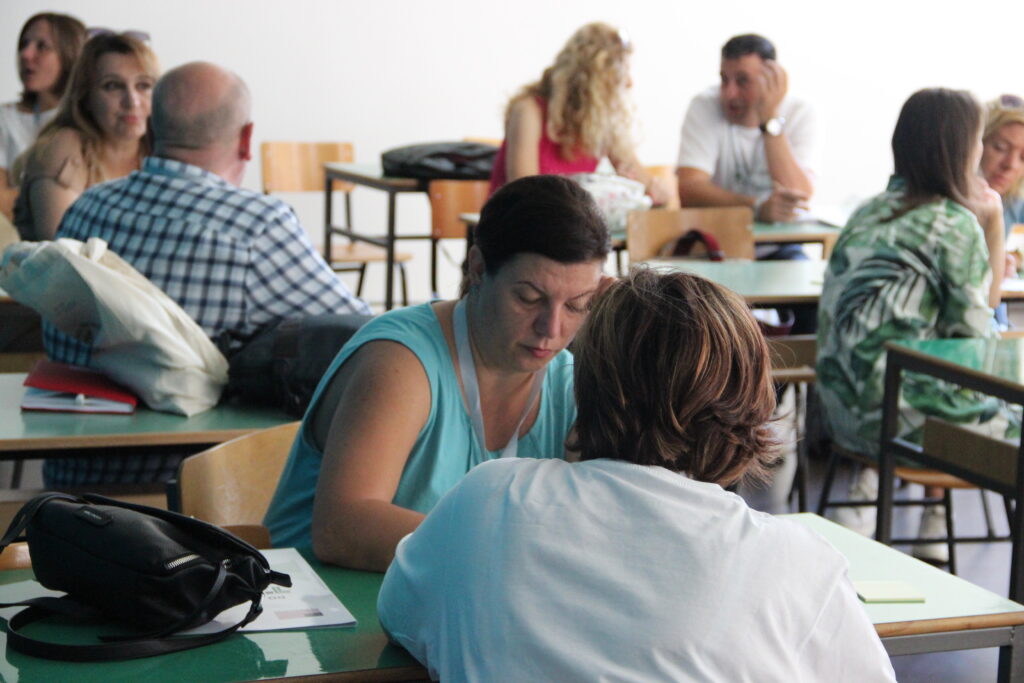
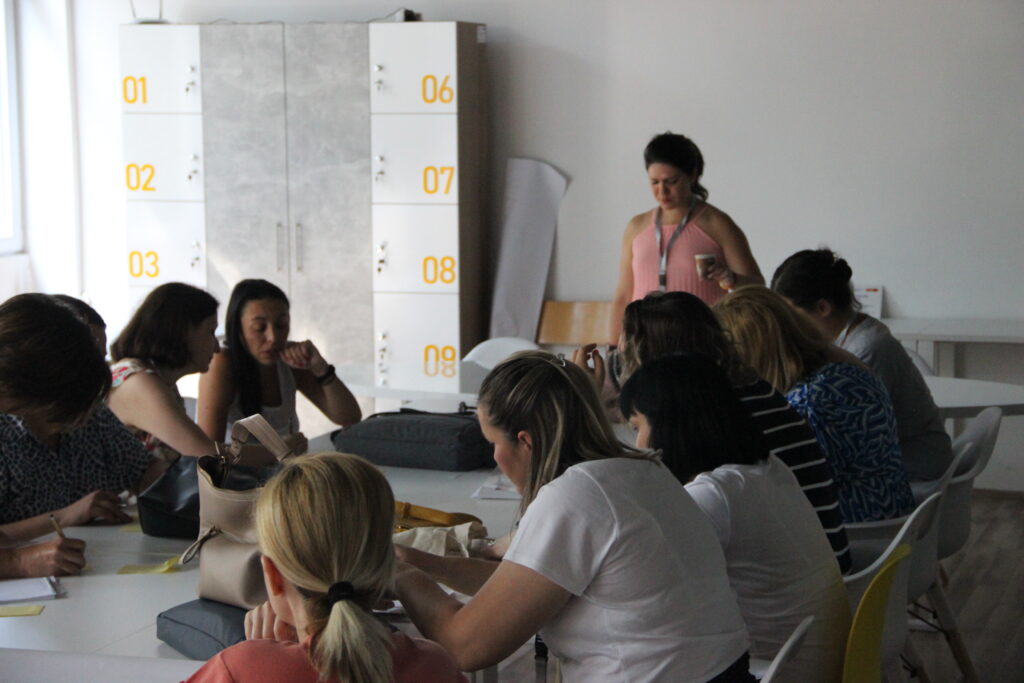
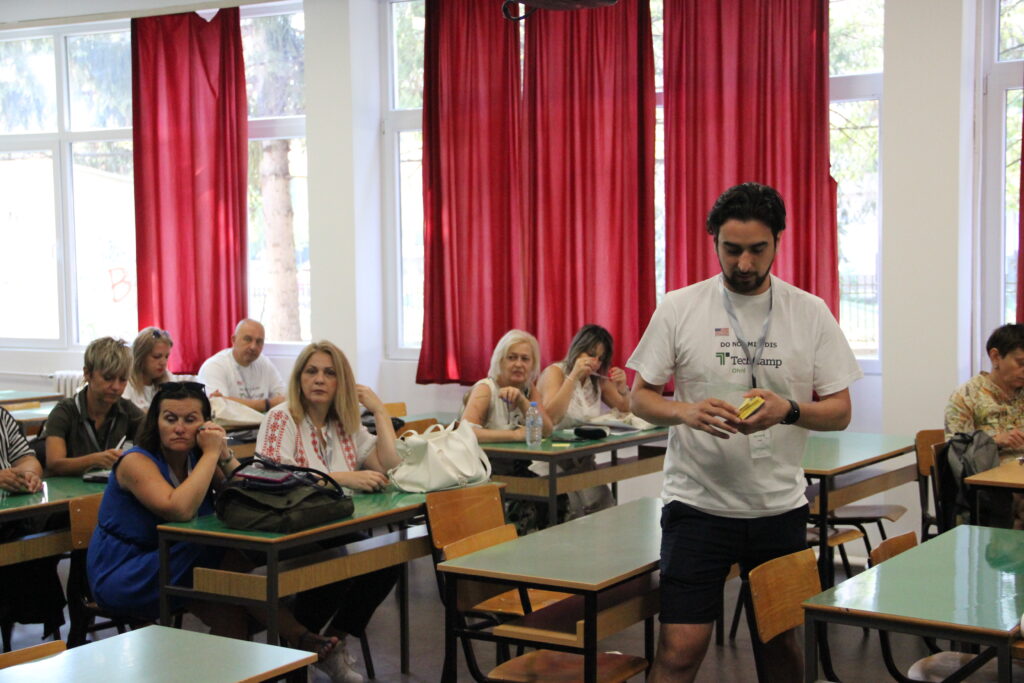
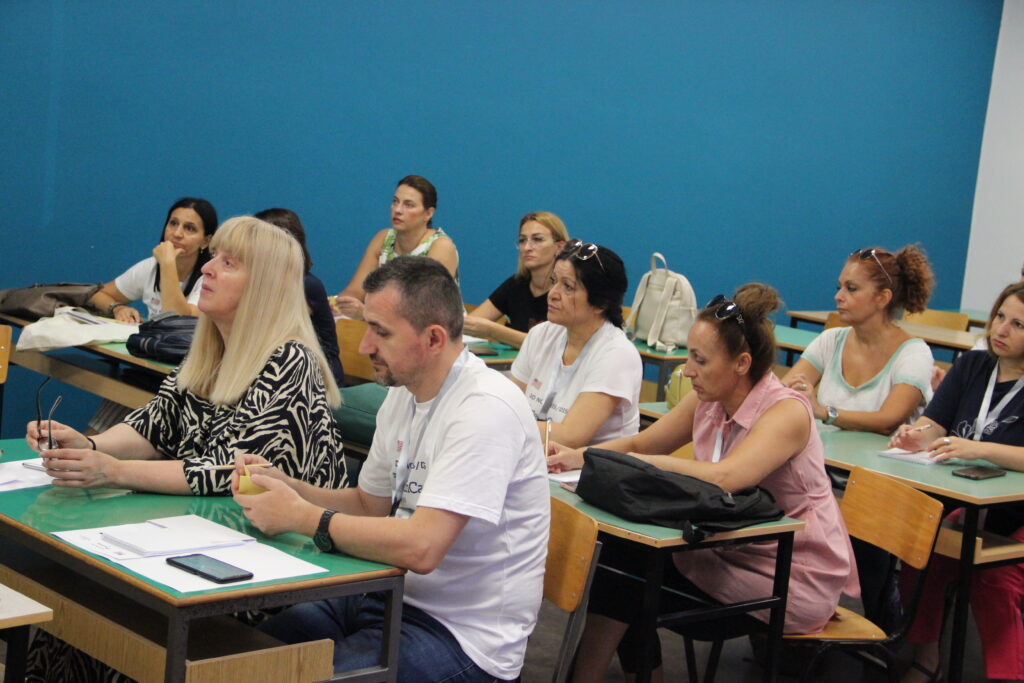

Speed Geeking session was organized to introduce participants to the sessions’ topics that were delivered by three international and three national trainers. All trainers had a dedicated place and participants divided into groups moved throughout the room to listen to trainers introducing themselves and to learn about their training sessions. The interactive sessions carried out by the trainers were:
| Session title | Trainer |
| Spot the AI: Tips to Identify Machine-Generated Media | Lauren Maffeo |
| DisInformed – Tips and skills to effectively teach Media Literacy | Matteo Bergamini |
| Integrating Media Literacy Across Curriculum | George Jologua |
| Interactive Cybersecurity Awareness for School Teachers: Understanding Risks, Threats, and Incidents through Design Thinking | Aleksandar Acev |
| Strategies, Approaches and Tools for Media Literacy Education: First-hand Experience | Maja Videnovik |
| Empower Education on Media Literacy Using Games: Can you Educate on Media Literacy and Foster Student Engagement at the Same Time? | Vladimir Trajkovik |
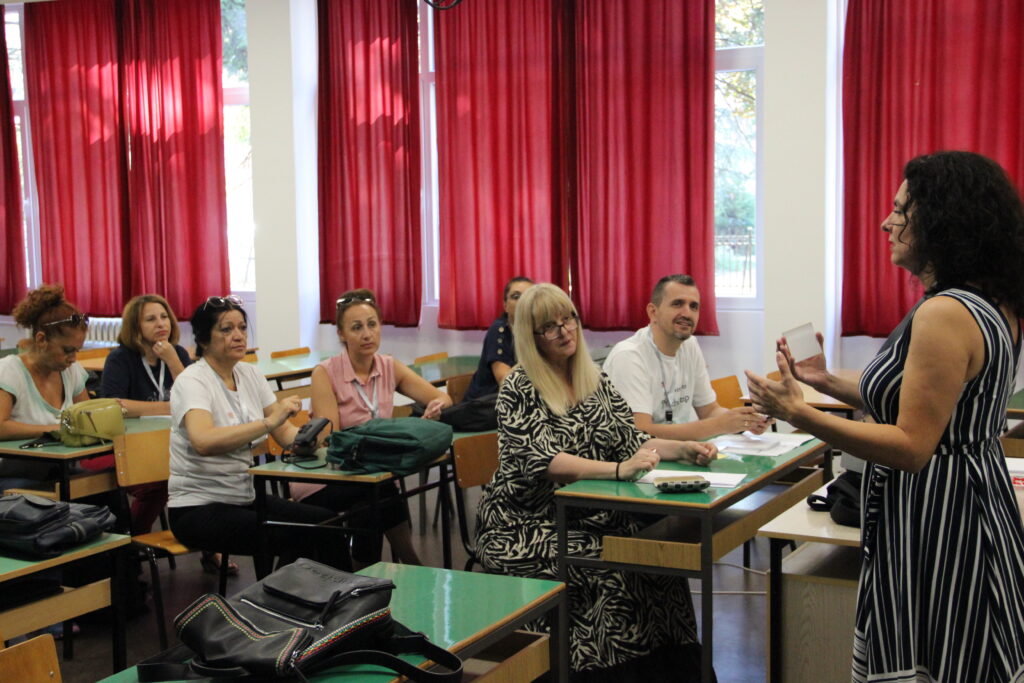
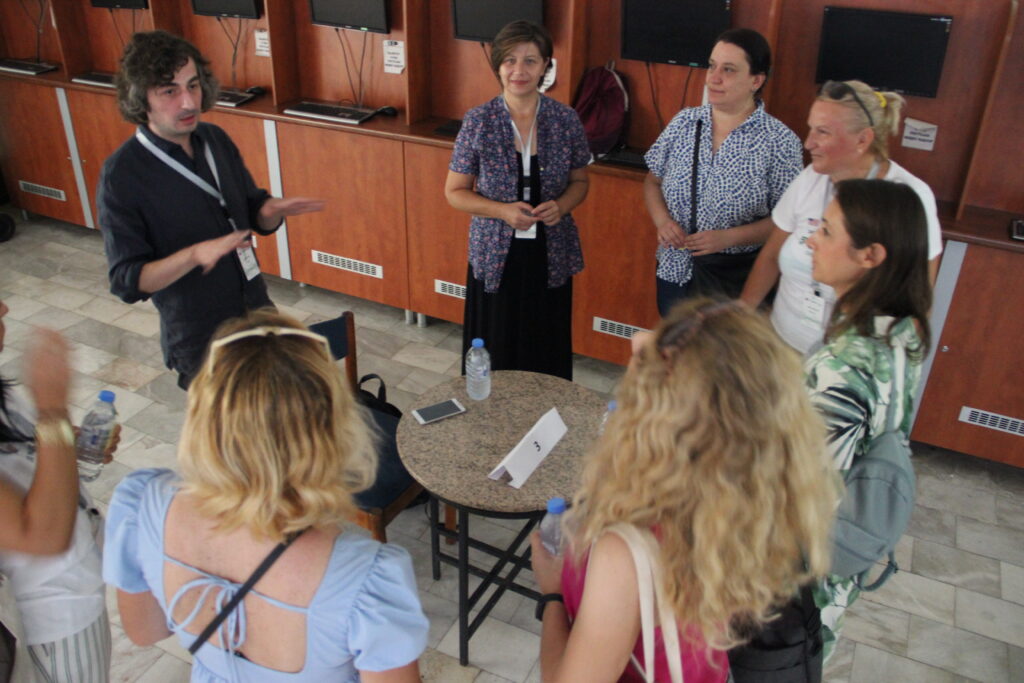
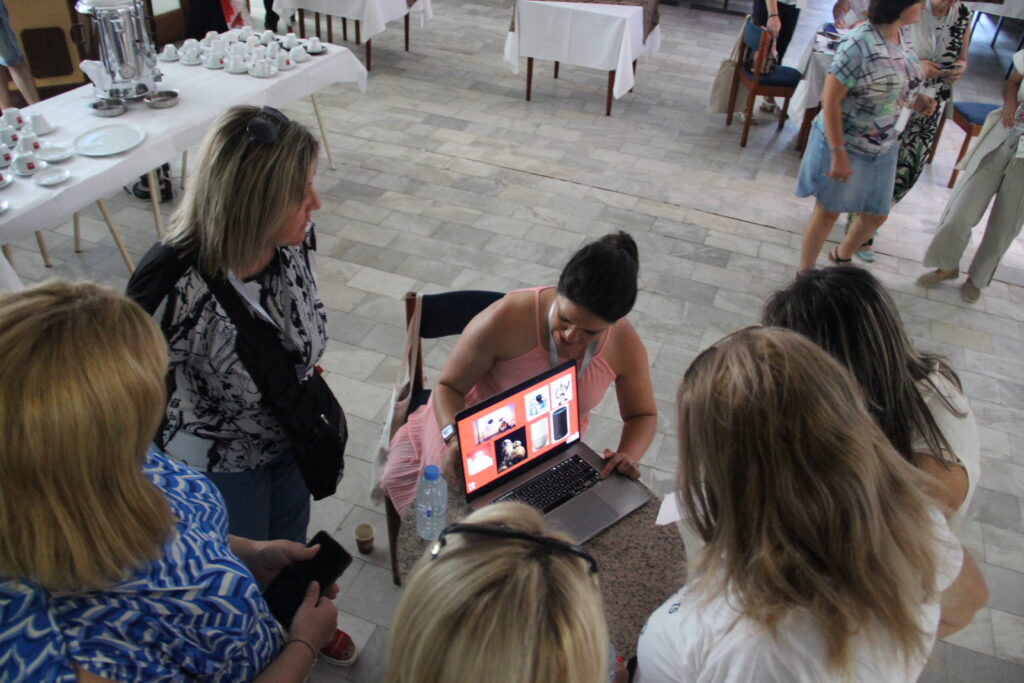
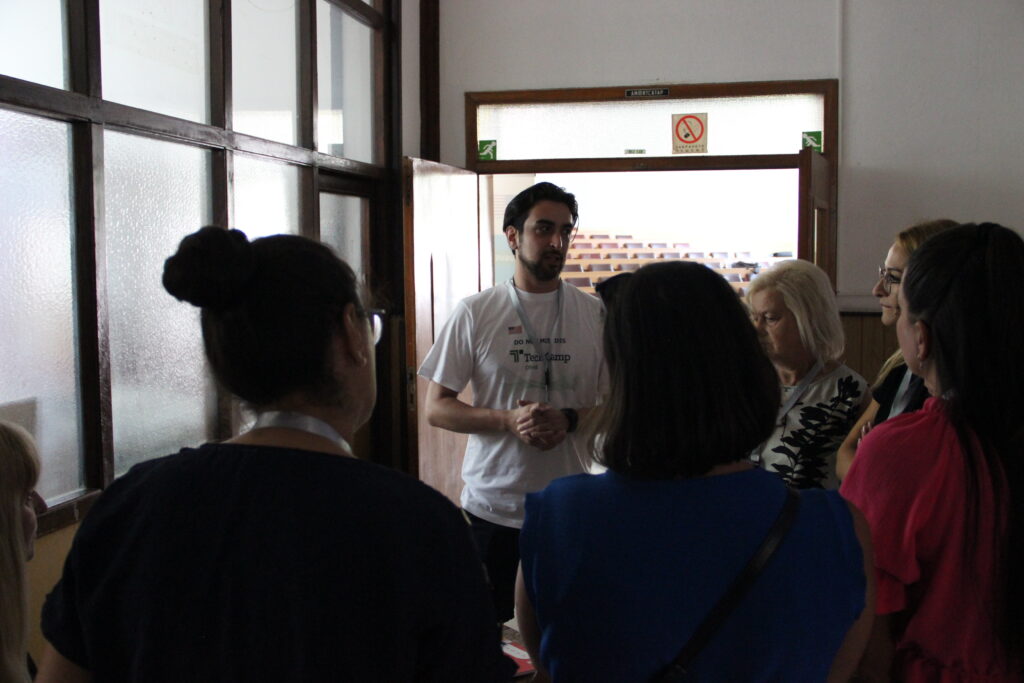
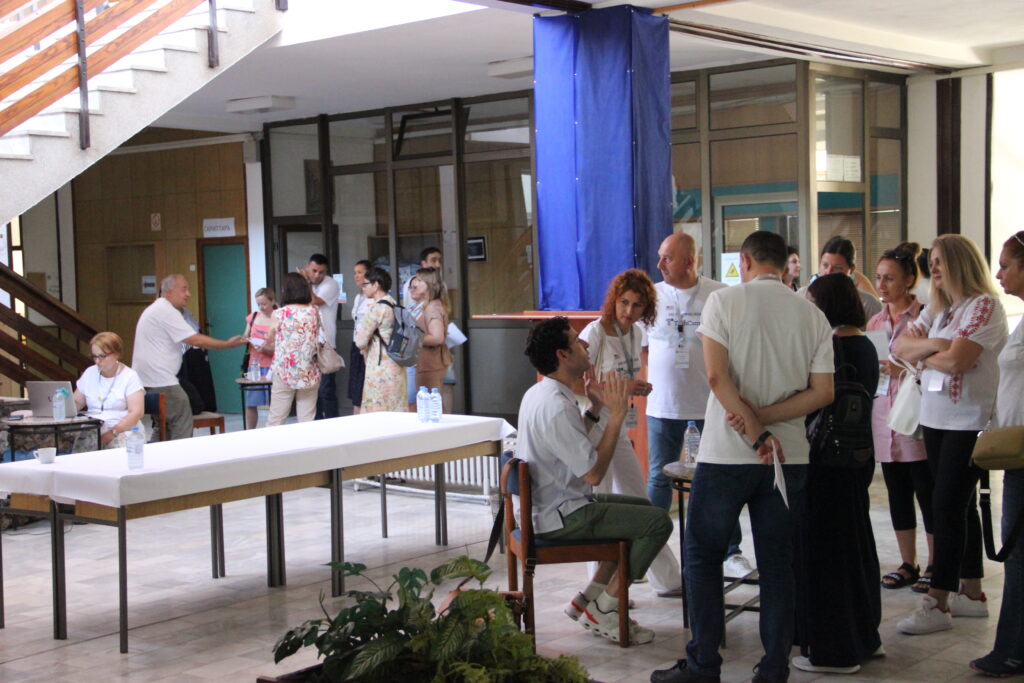
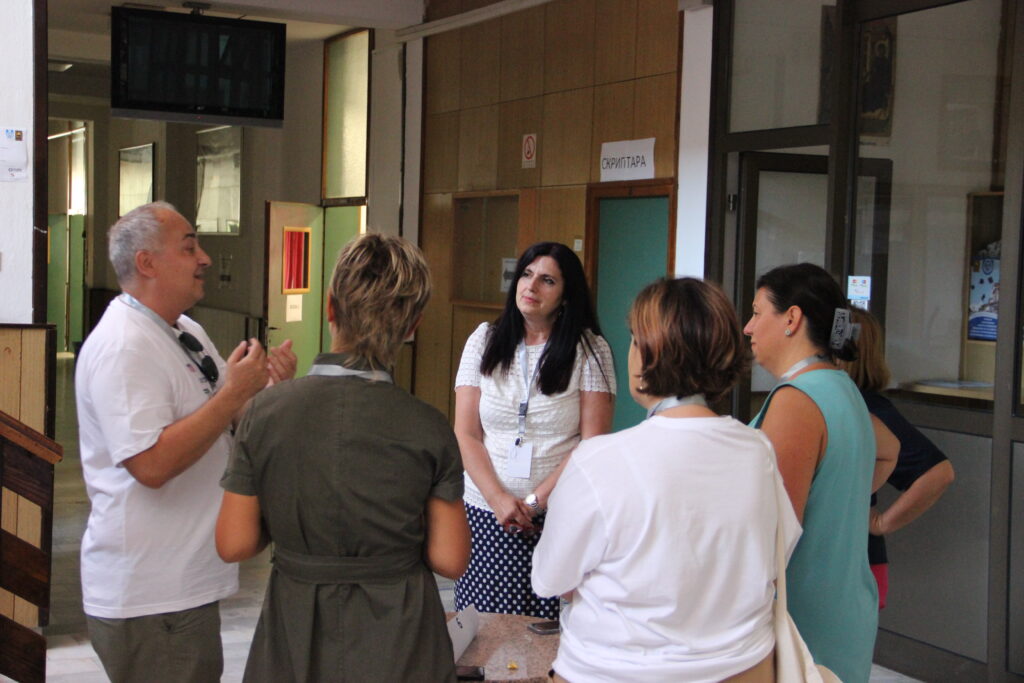
Two of the interactive training sessions took part on the second day, and participants had the opportunity to choose the session they want to attend. Trainers utilizing design thinking methodology and engaging participants in their sessions, were trying to develop teachers’ media literacy skills and to inspire them to implement gathered knowledge and skills in educational process. During these training sessions TC team summarized challenges identified by the participants in the morning session and managed to identify challenge statements that were presented at the end of the day.
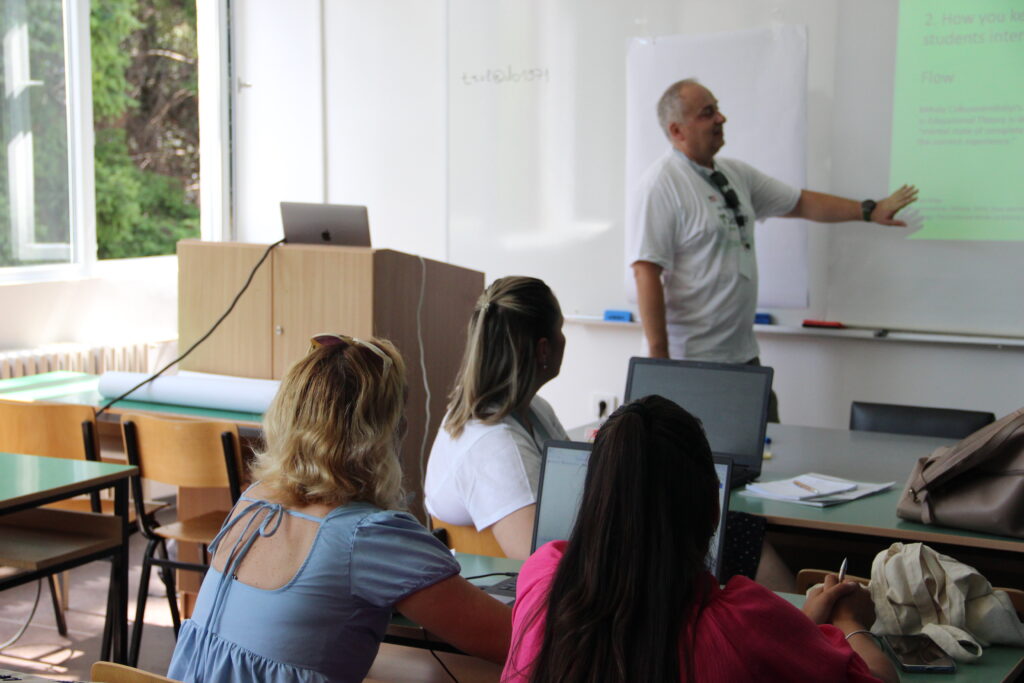
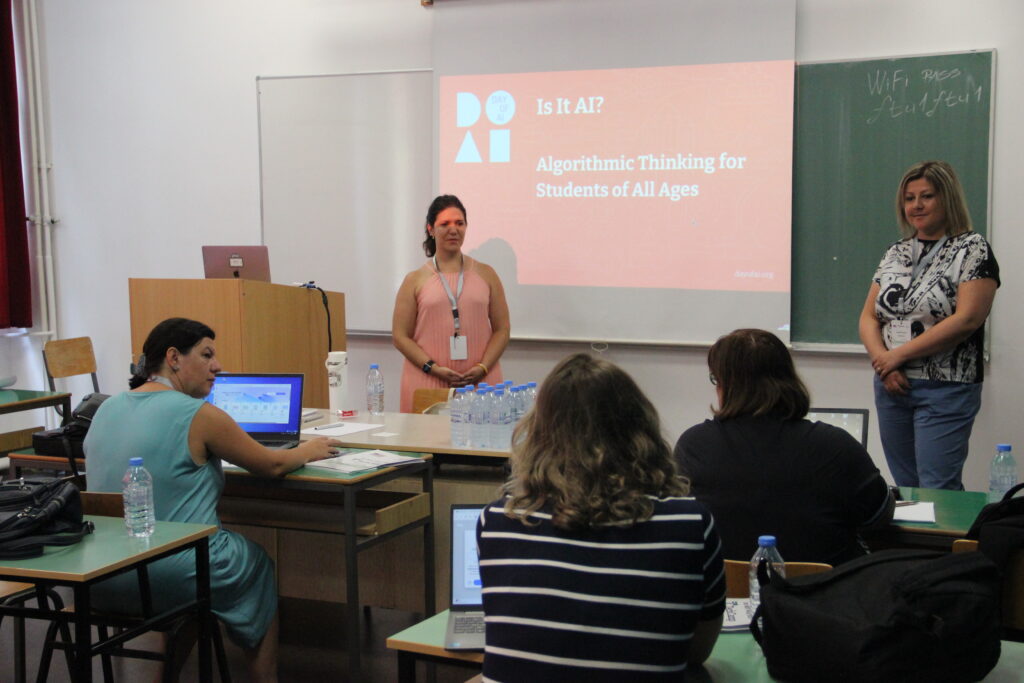

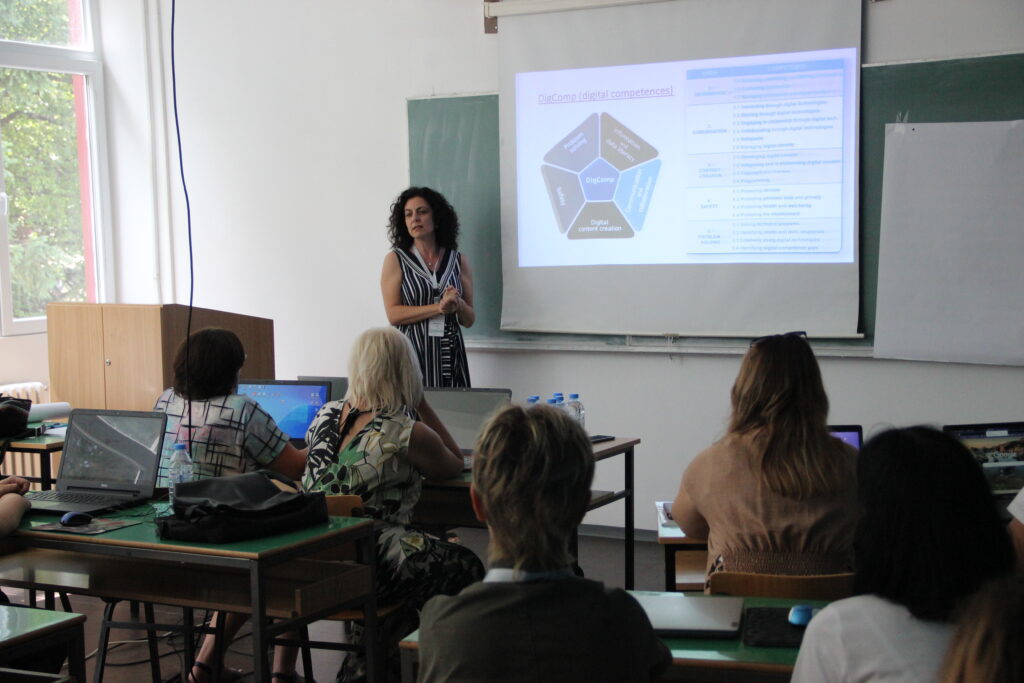
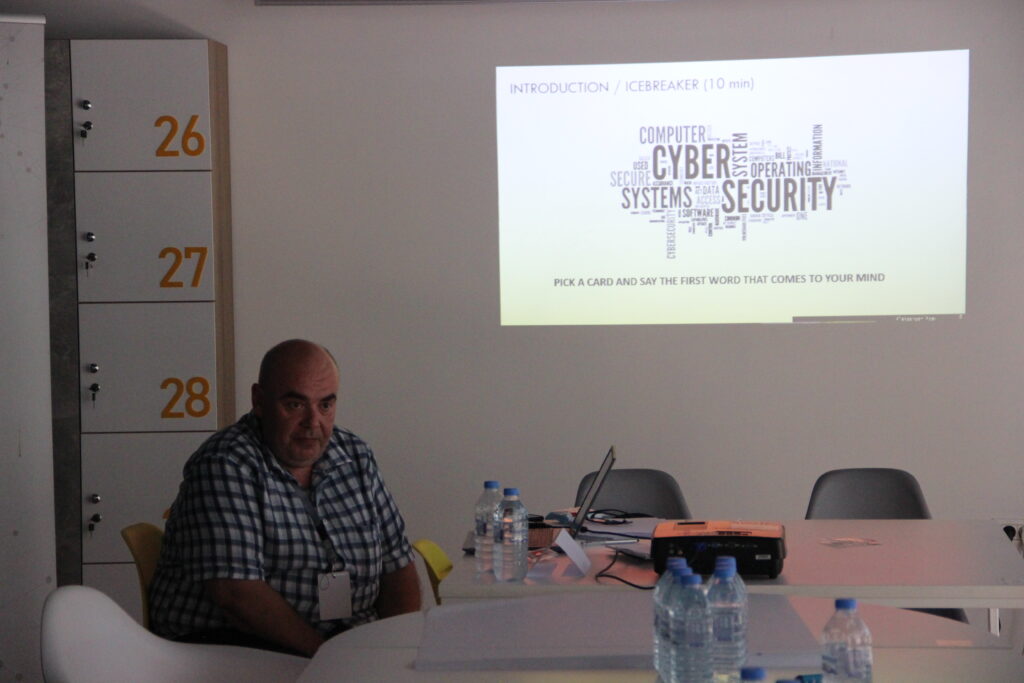
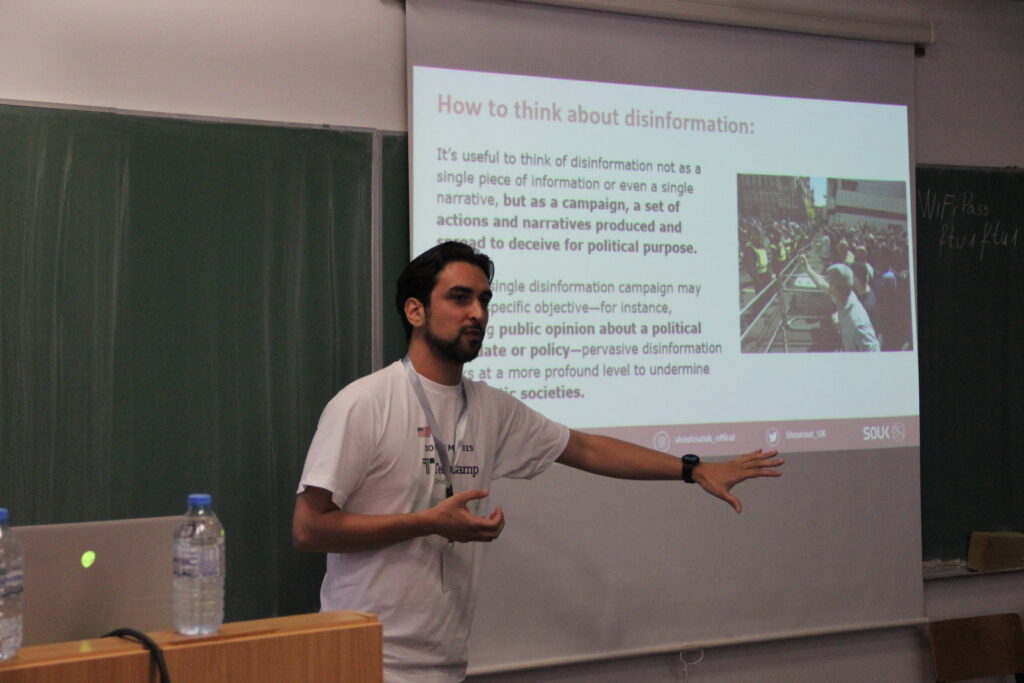
After identifying challenge statements, participants chose which one they would like to analyze in more detail and to try to find a solution. One of the trainers, Tony Cohn, guided participants to find the root causes behind their challenges to understand them better and to find solution. Each participant had an opportunity to join a group based on the challenge statement on which they would like to work and brainstorm the root causes, things that contribute to this issue, etc. Guided by the trainers, they had to group root causes and start thinking about the solution, which might be a project idea as the result of the TechCamp. After the discussion within groups, one representative from each group shared their refined challenge statement with root causes and the idea of developing a project. In the afternoon, according to their project idea, participants joined another interactive session and after that, they started working on their project worksheet, trying to find a solution to the root cause of some specific challenge.
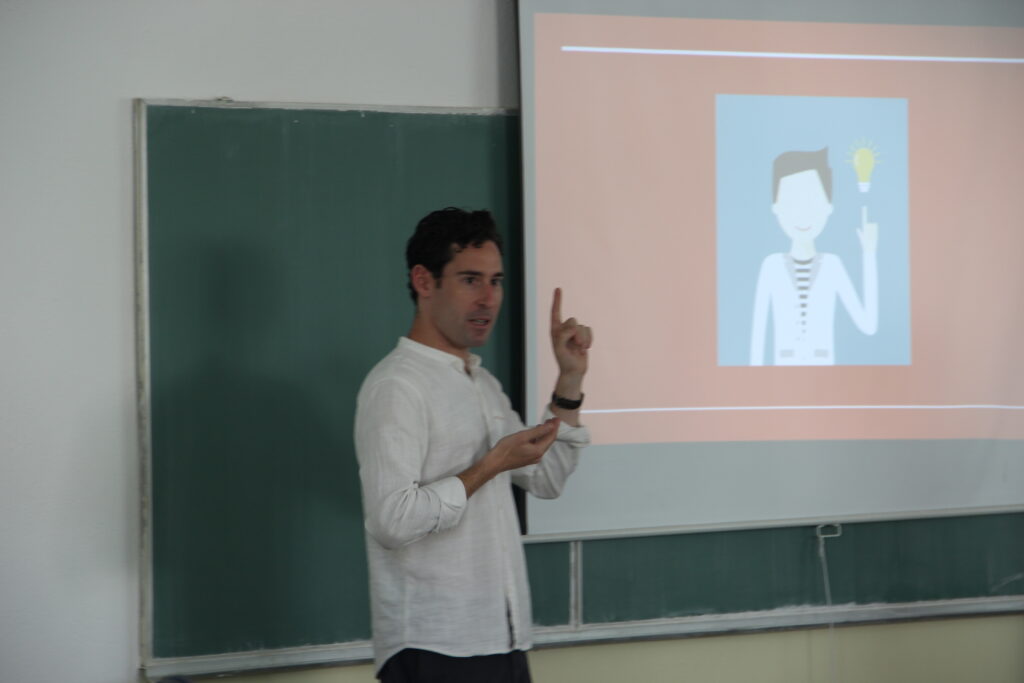

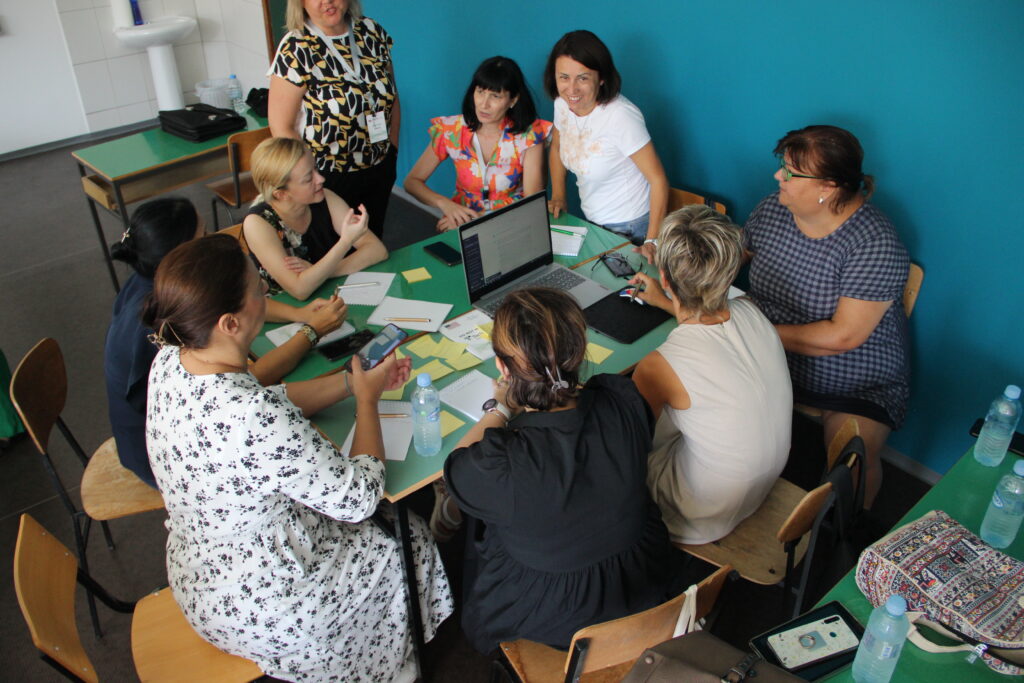
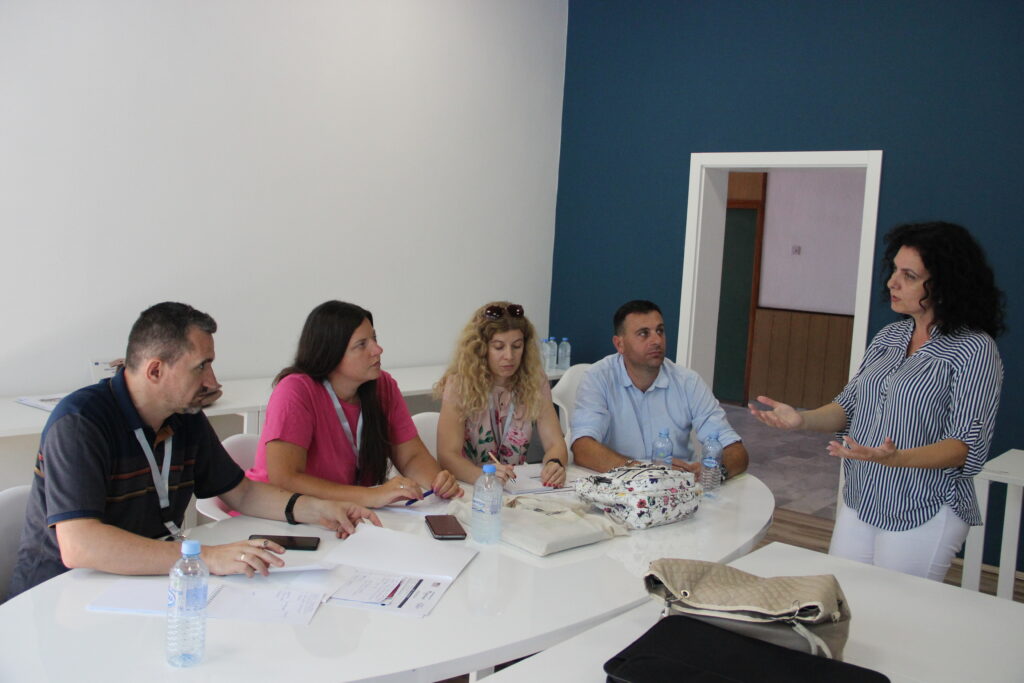
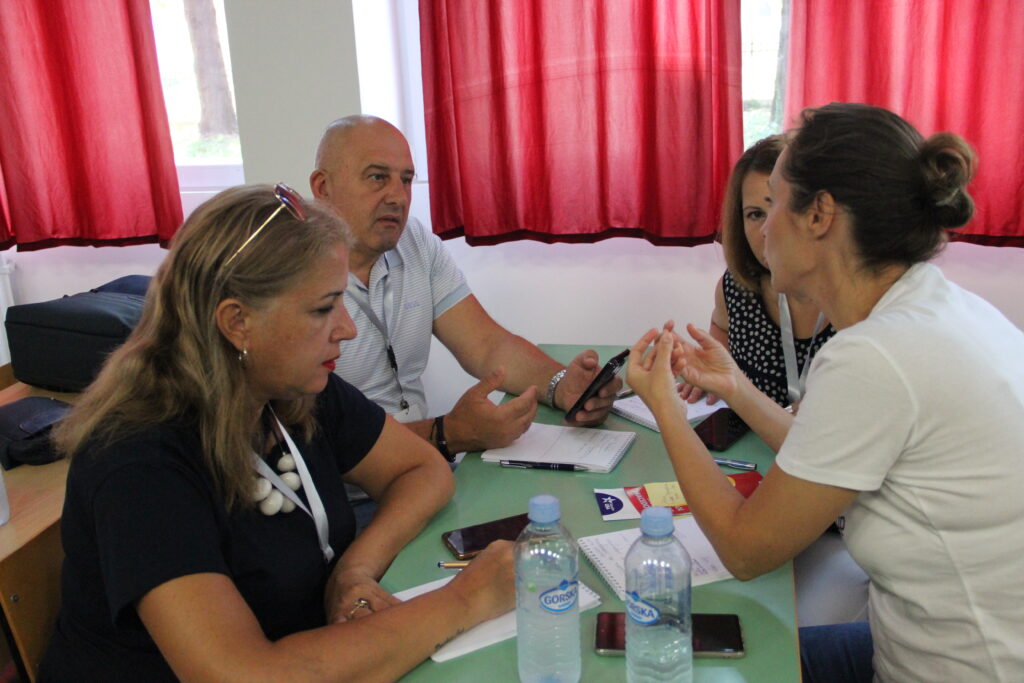
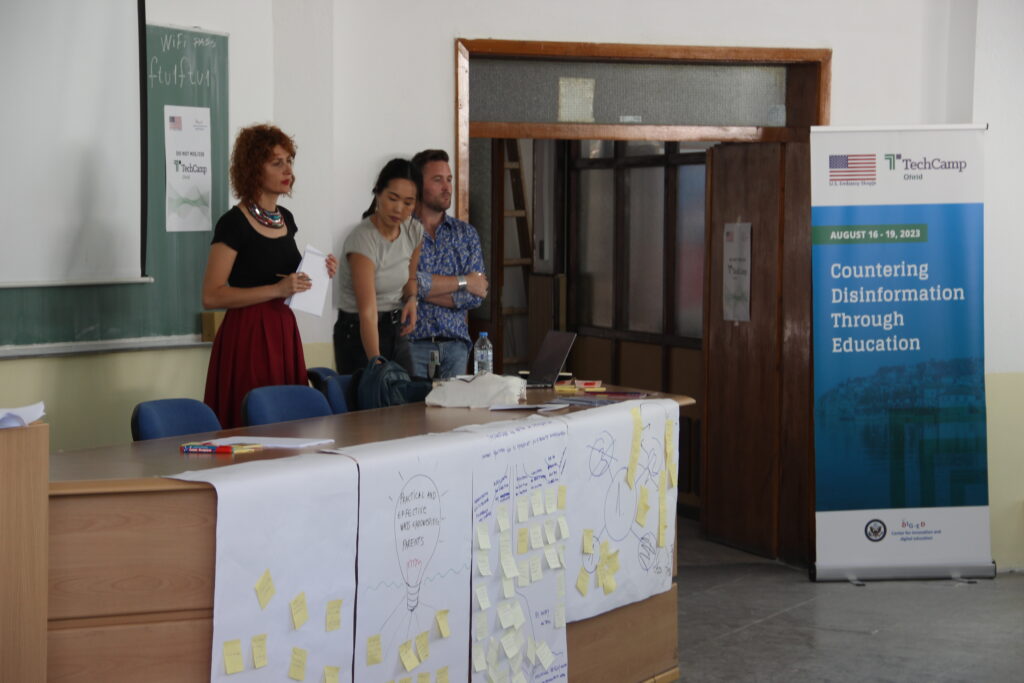
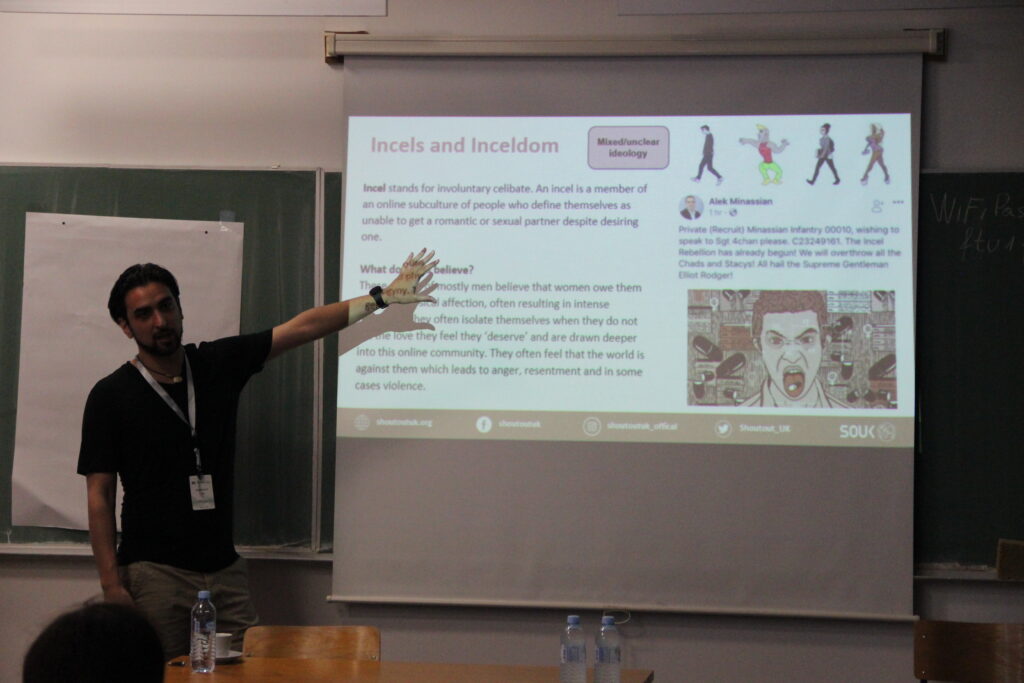
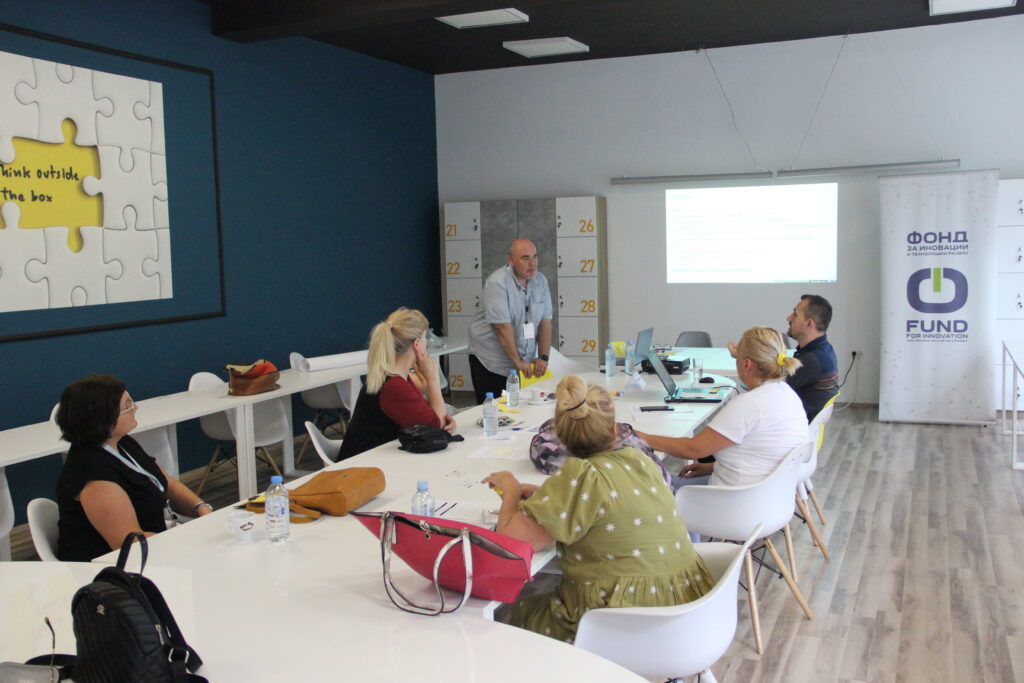
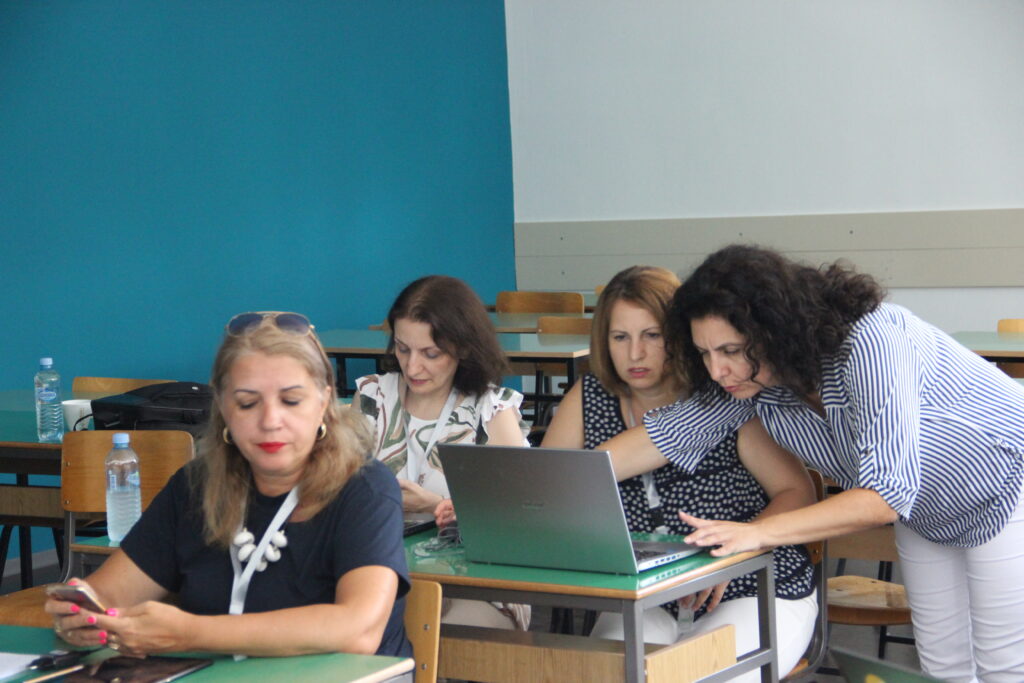
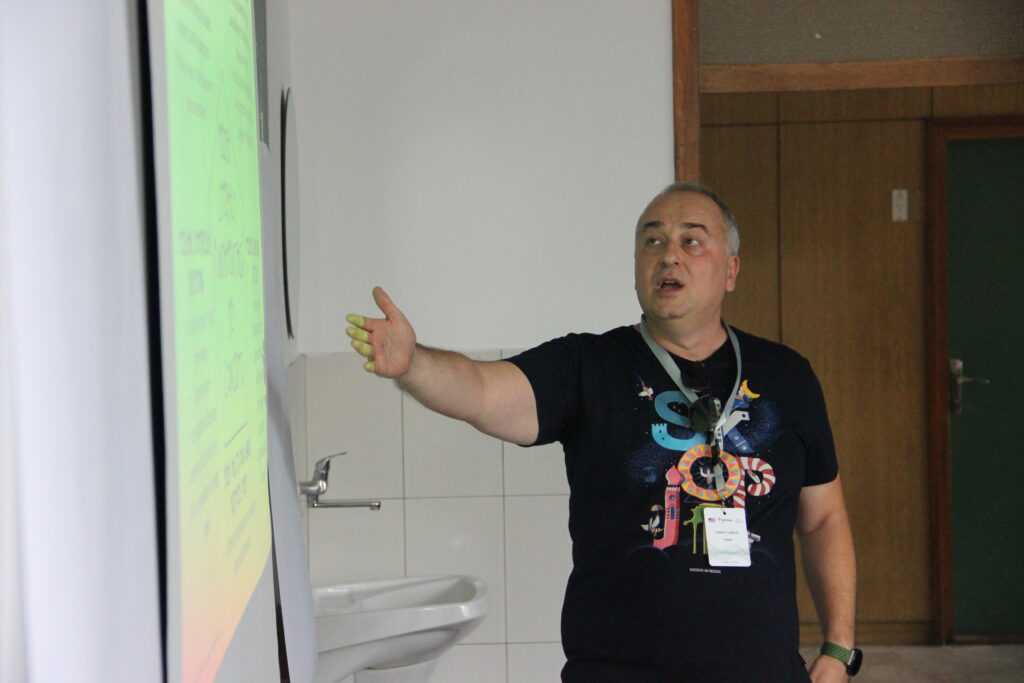
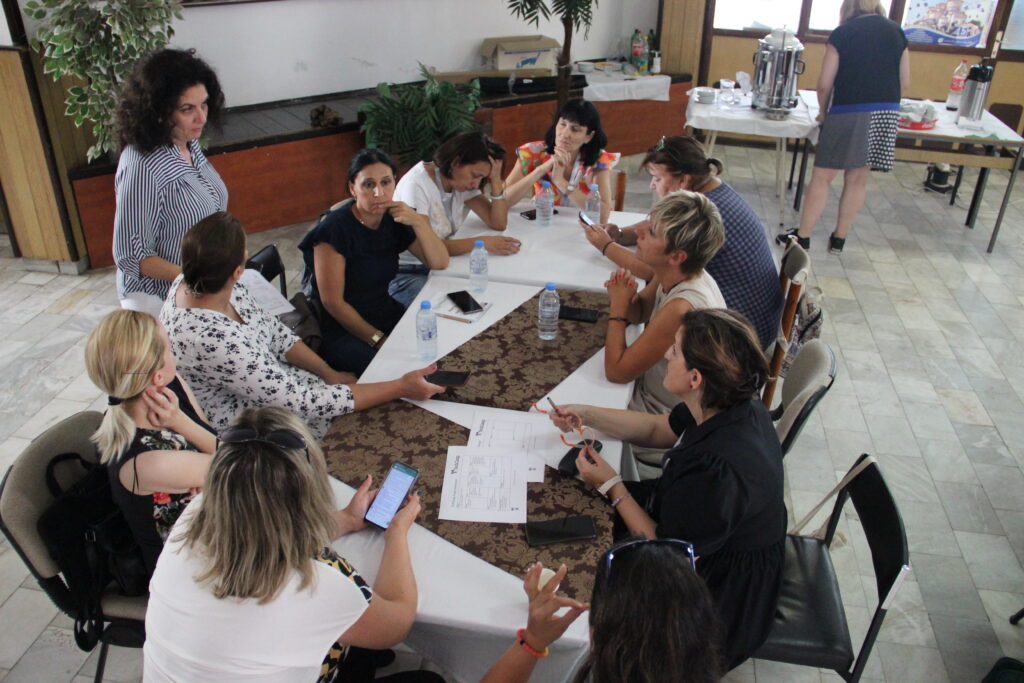
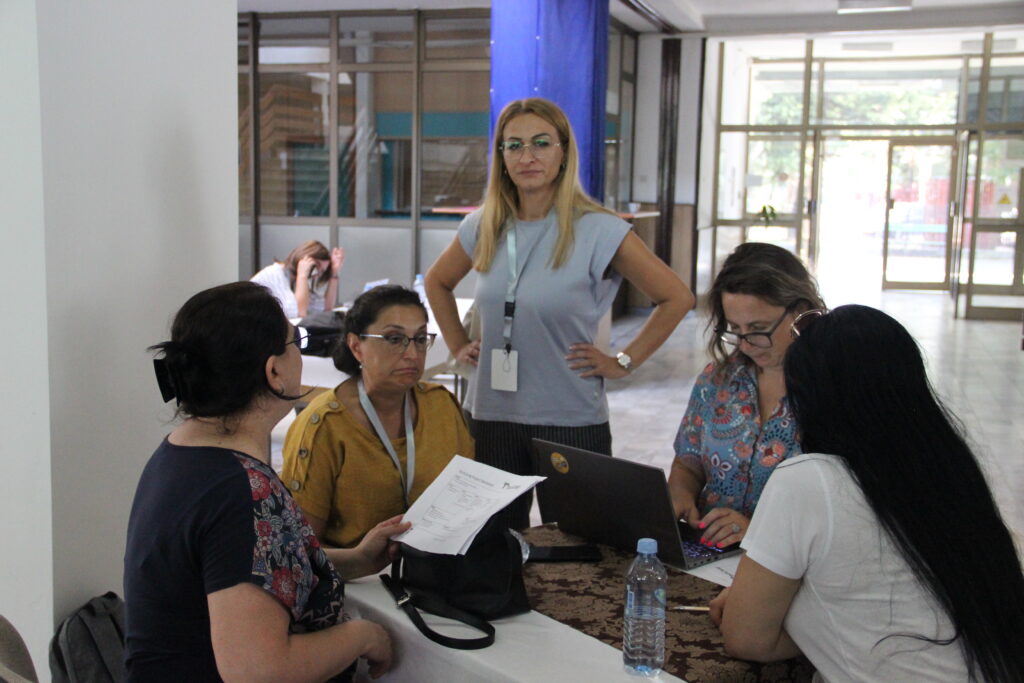
The last day was focused on the participants’ outcomes as the result of the TechCamp. They continued working in groups, developing their project idea, trying to find a solution to the specific challenge, and created and delivered a brief presentation. Interestingly, during the Tech Camp, challenges were identified by the participants, and with trainers’ facilitation they managed to find the root cause for the specific challenge they were facing, to think about a solution, and to develop a project idea for its implementation in practice. There were very active, engaging, and hand-on activities during the three days of the Tech Camp. At the end TechCamp team had a Continued Engagement Brief presenting possibilities for continued engagement funds available to launch participants initiative.
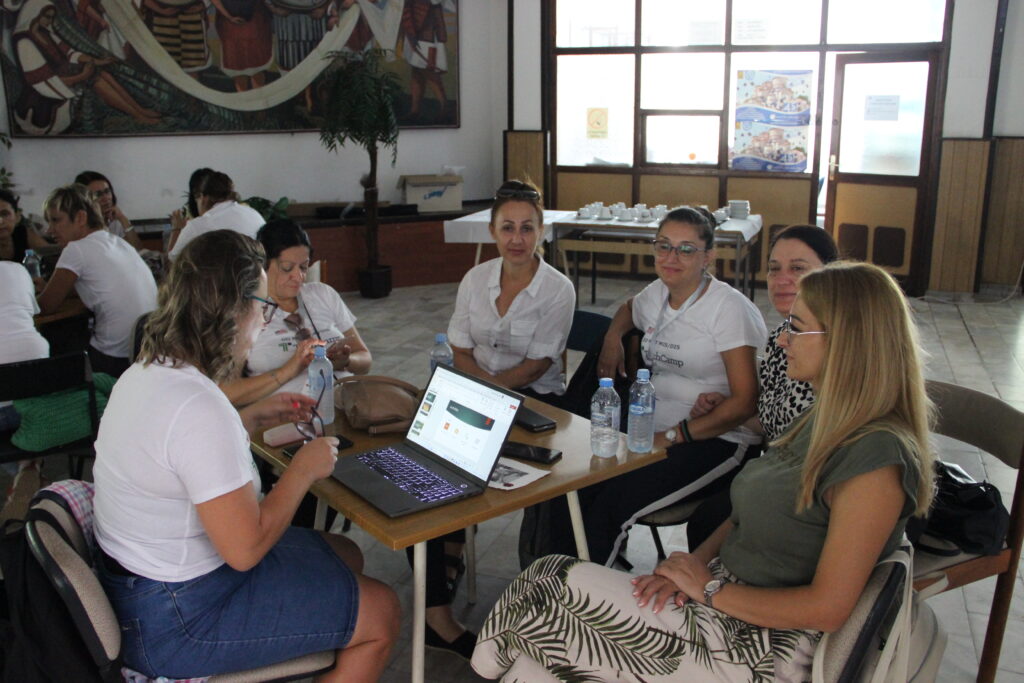
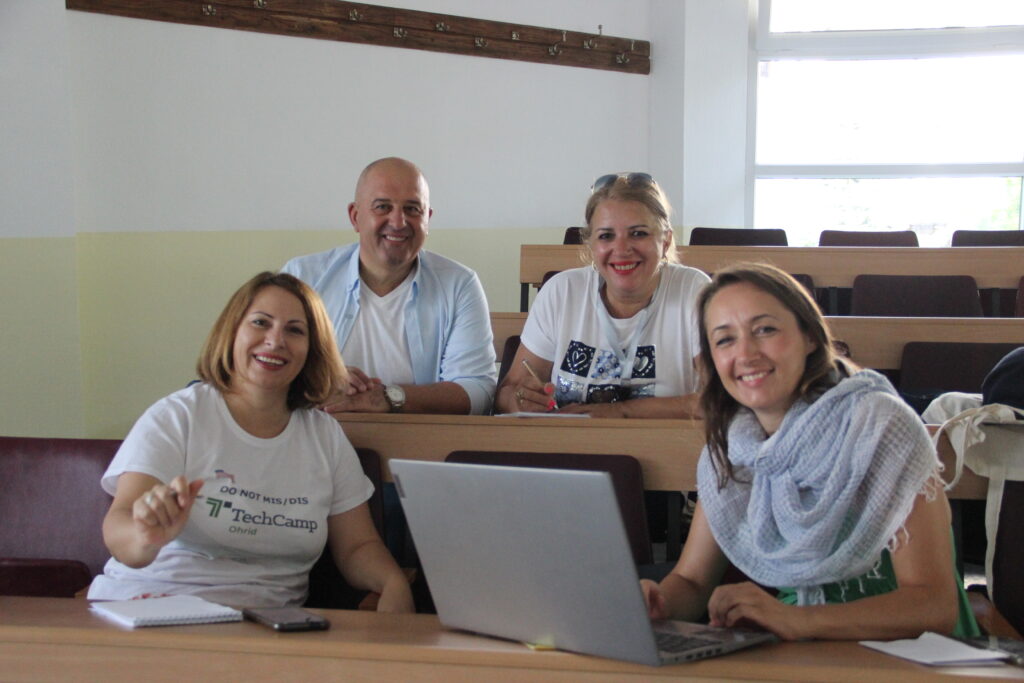
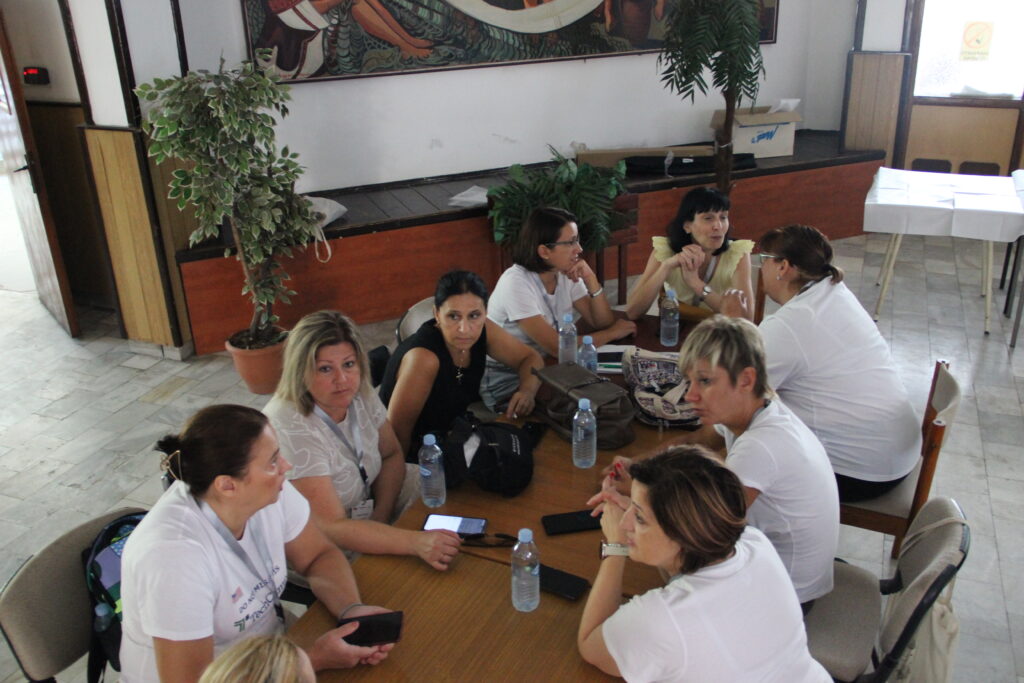
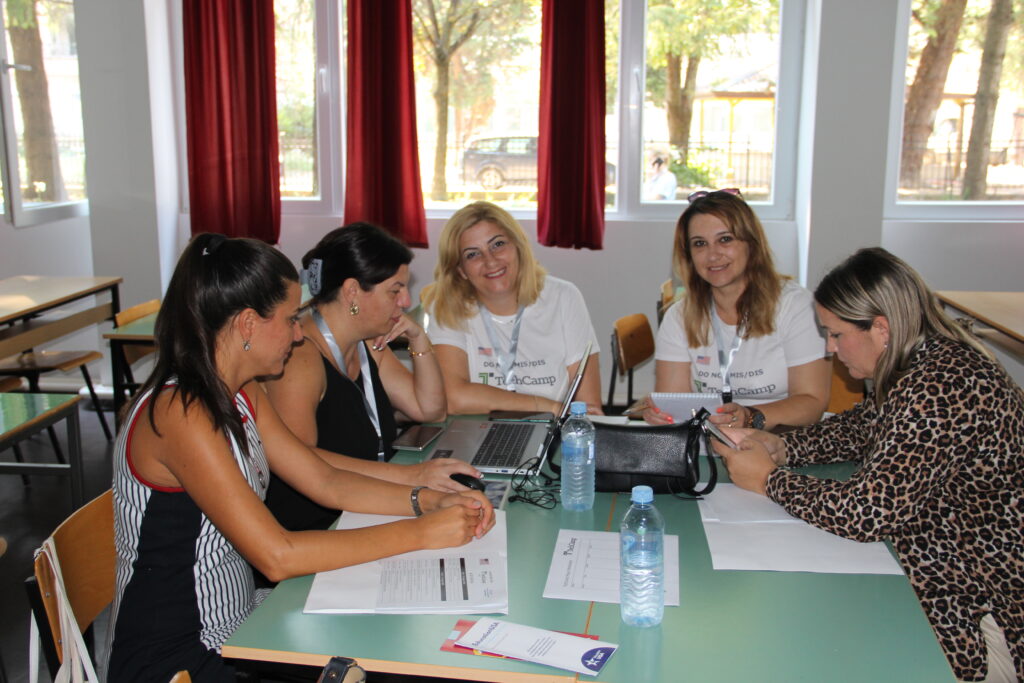
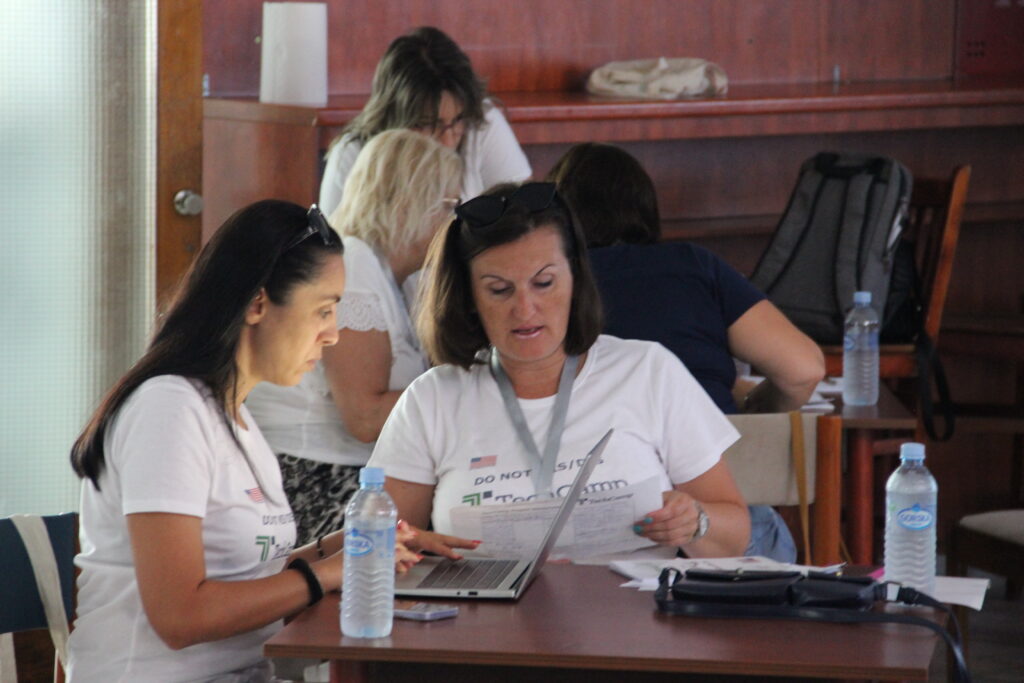
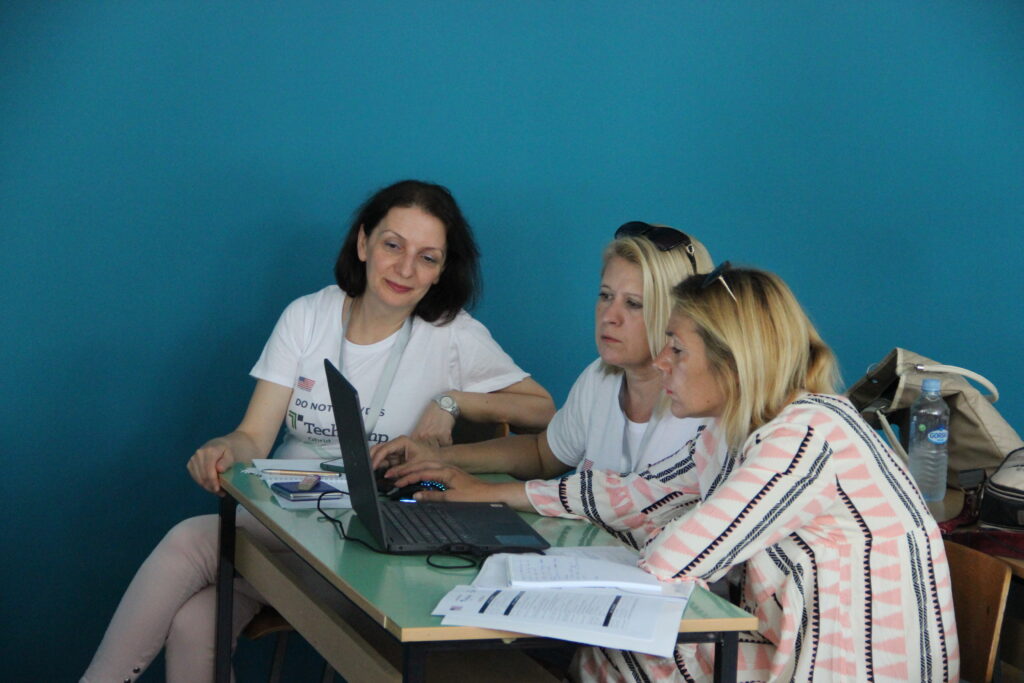
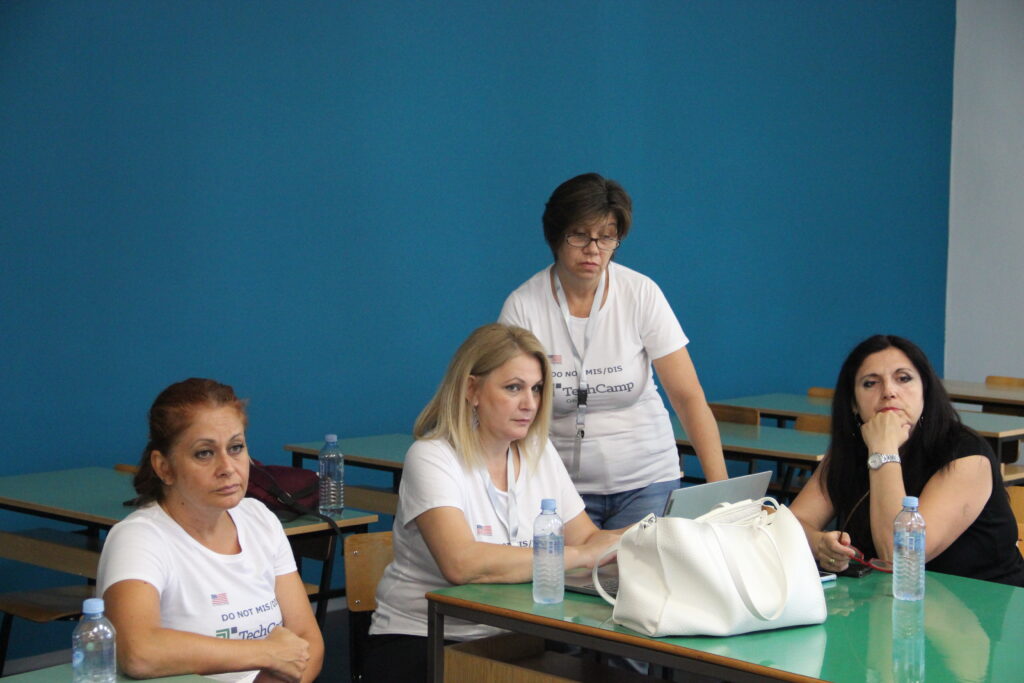
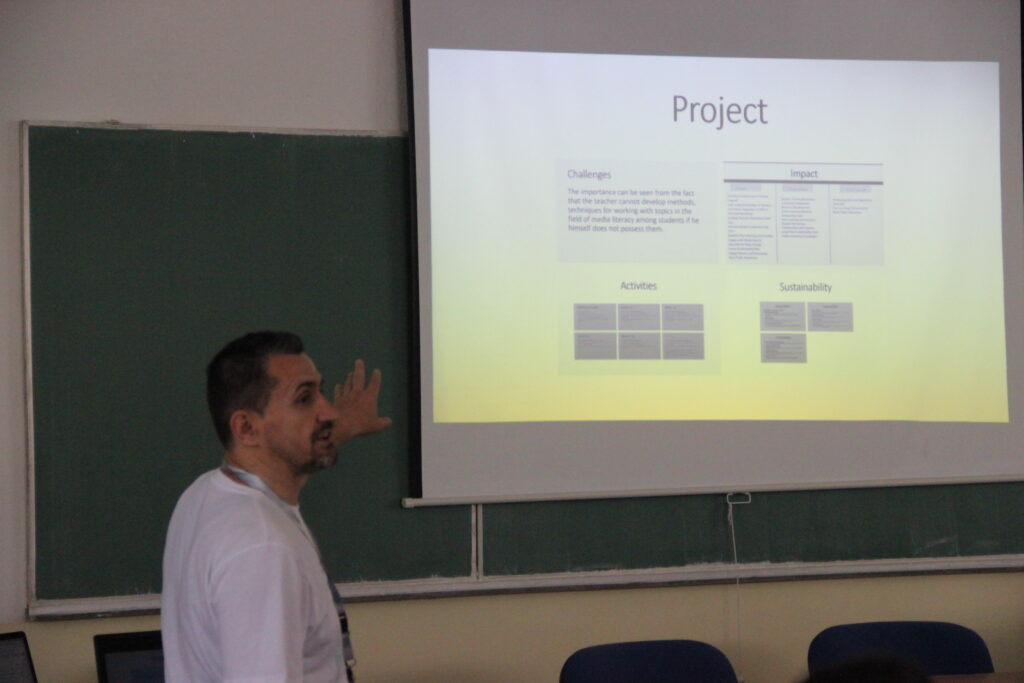
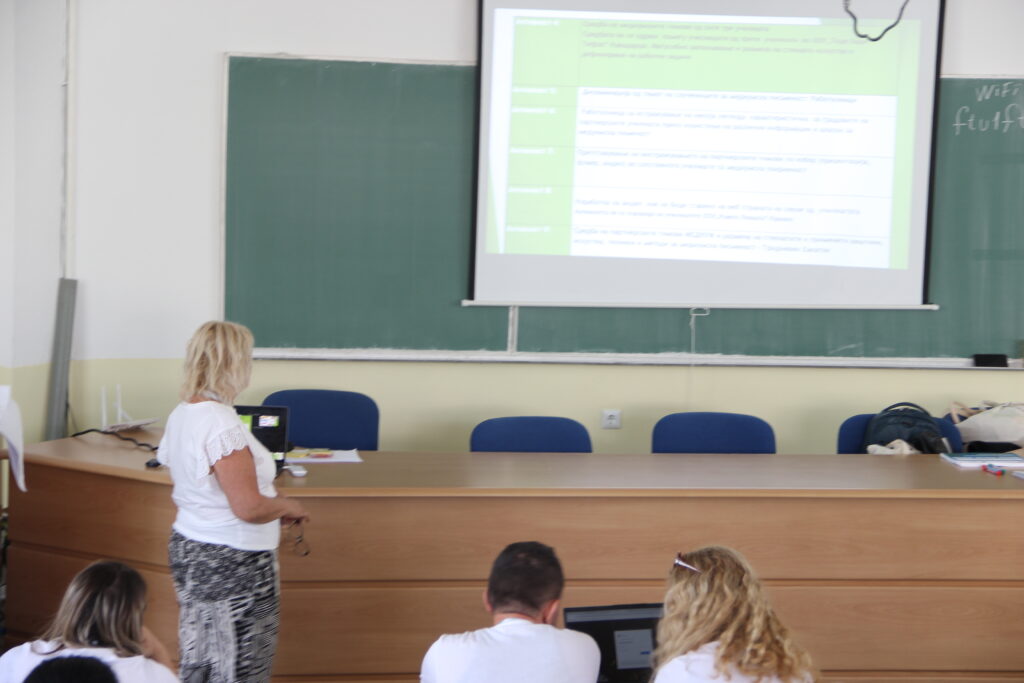
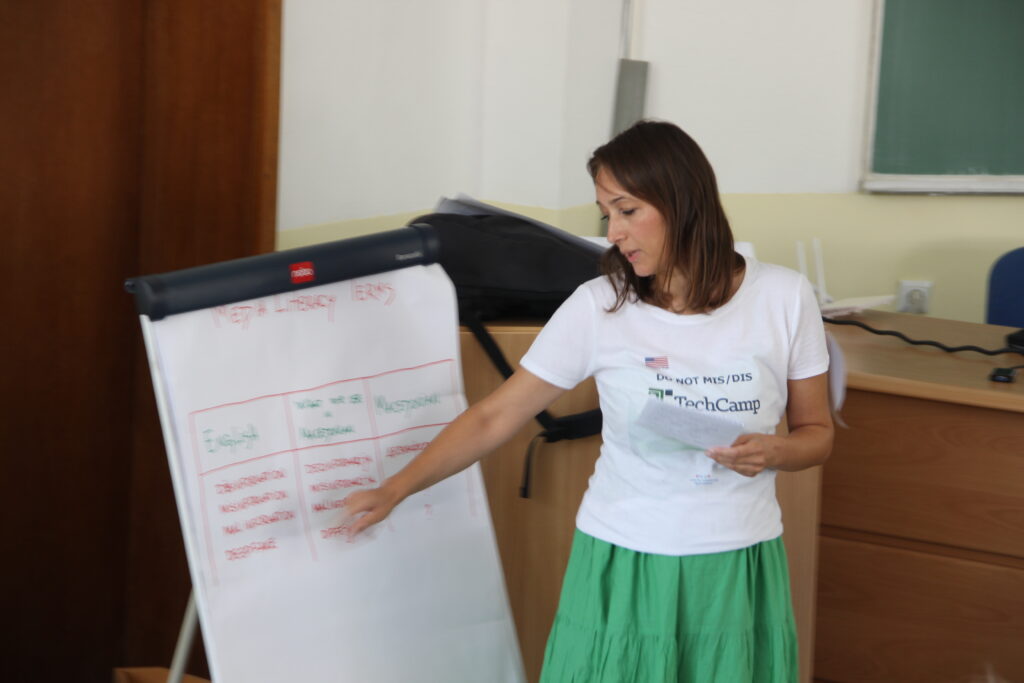
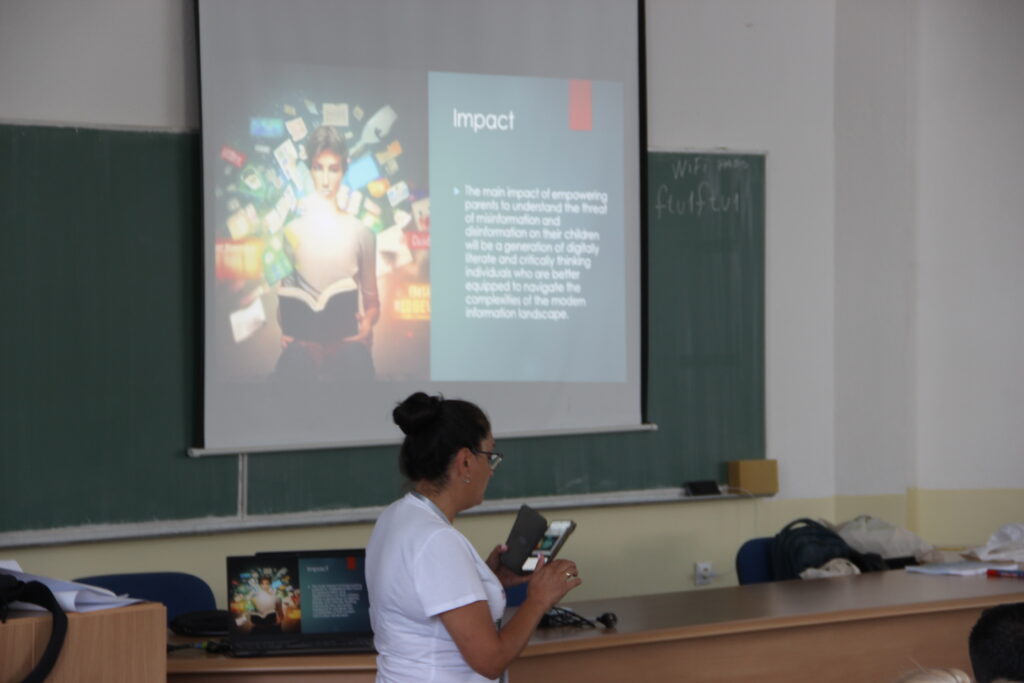
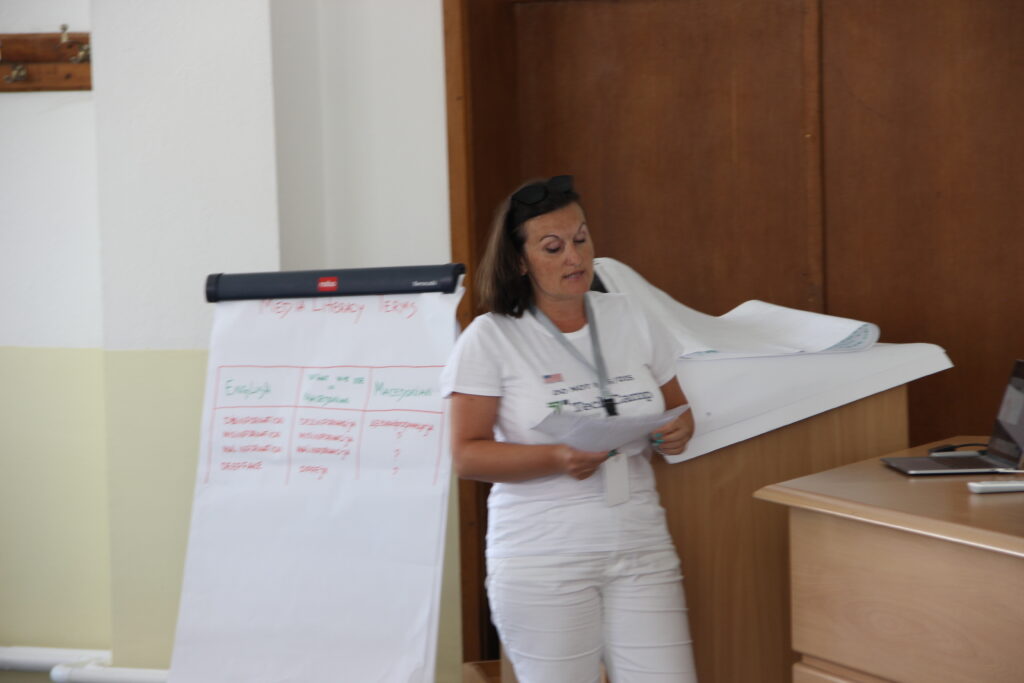
Different social activities were organized in the evening to strengthen communication and cooperation among participants and to make a solid ground for future project implementation. They were also an excellent way to encourage communication among participants, trainers, and organizers. Exploring the Ohrid old town, visiting the Vevcani village and its springs, and boat excursion to the St. Naum monastery were among the engagements that played a crucial role in creating a positive atmosphere and promoting networking among the attendees.
